Autism and the Immune System Jane M. El-Dahr,

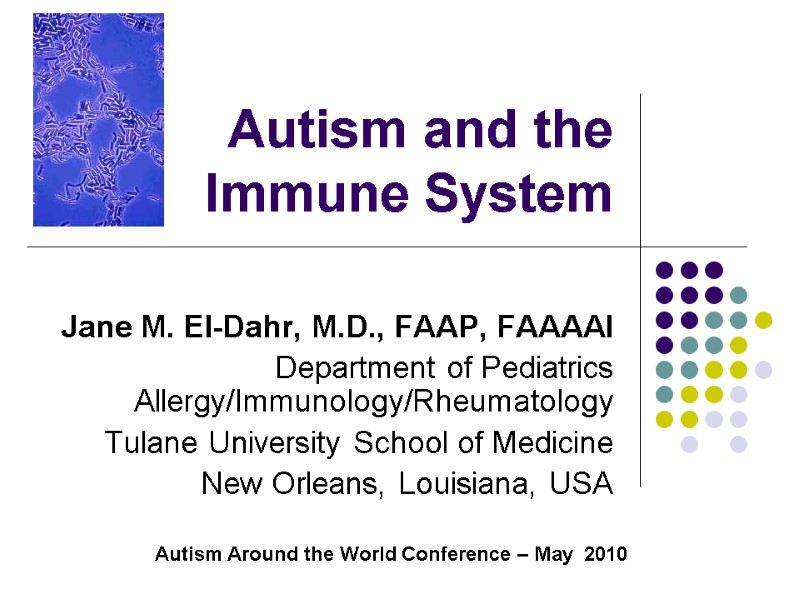
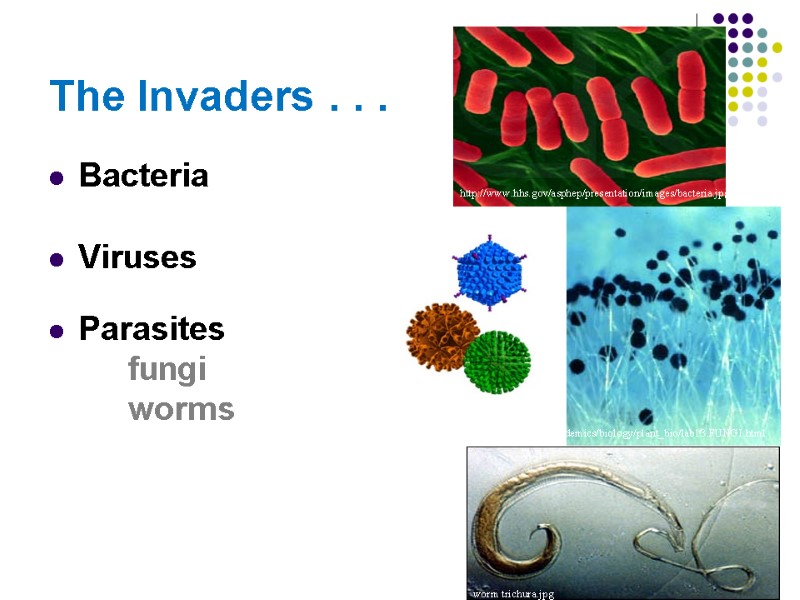
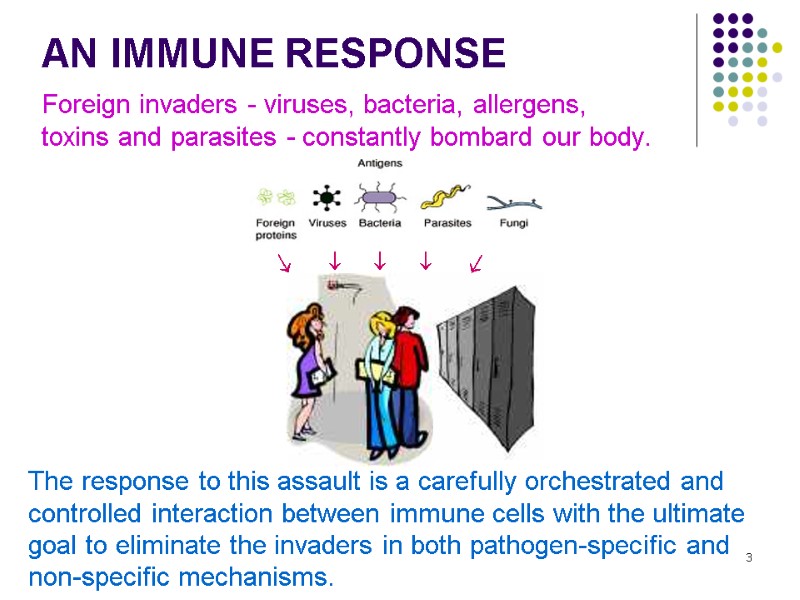
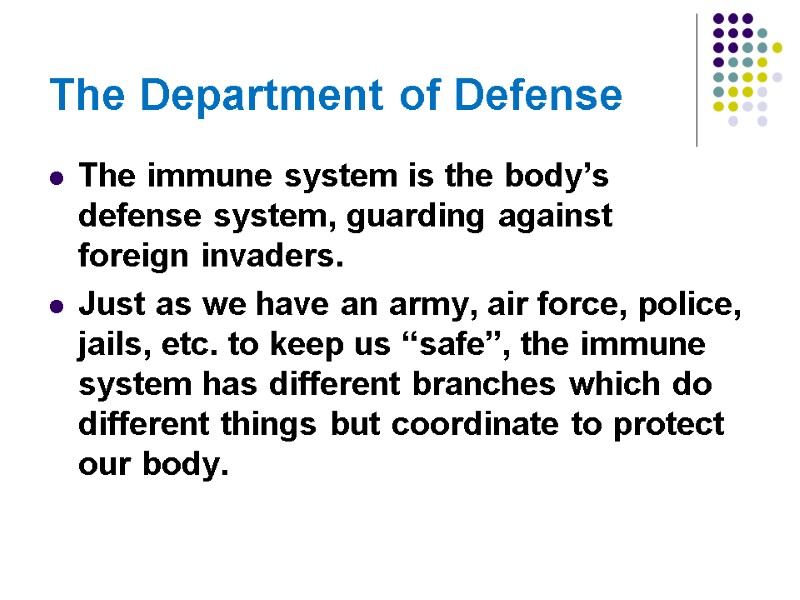
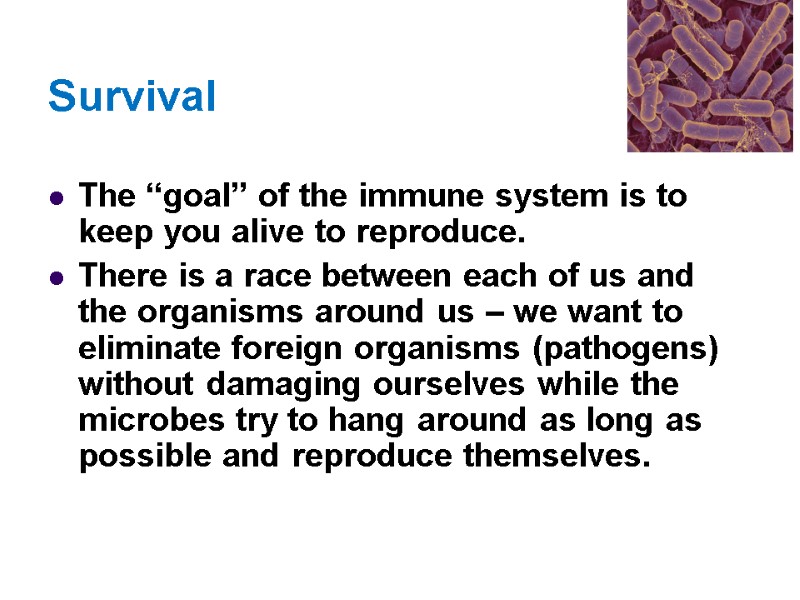
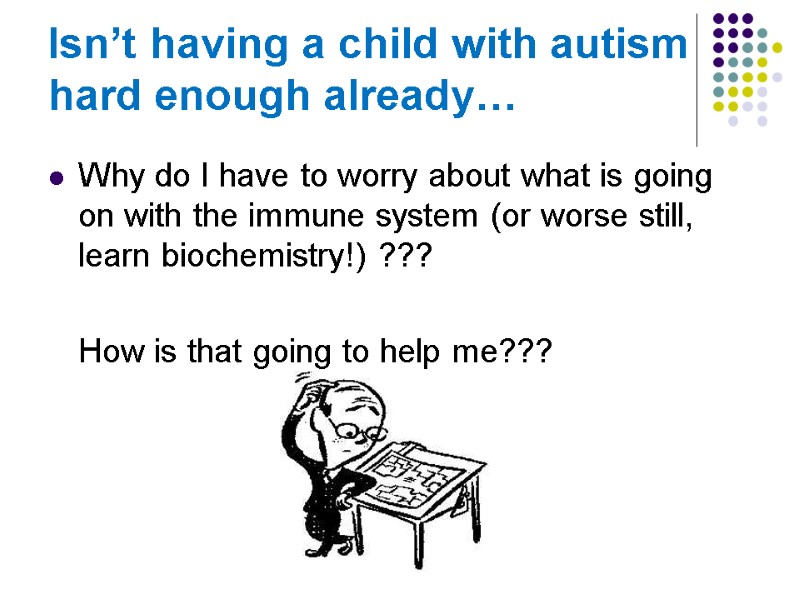
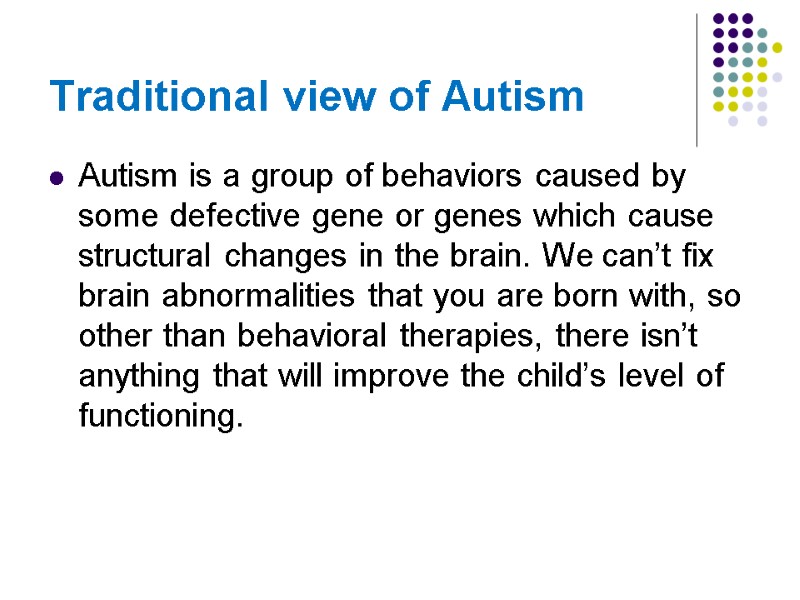
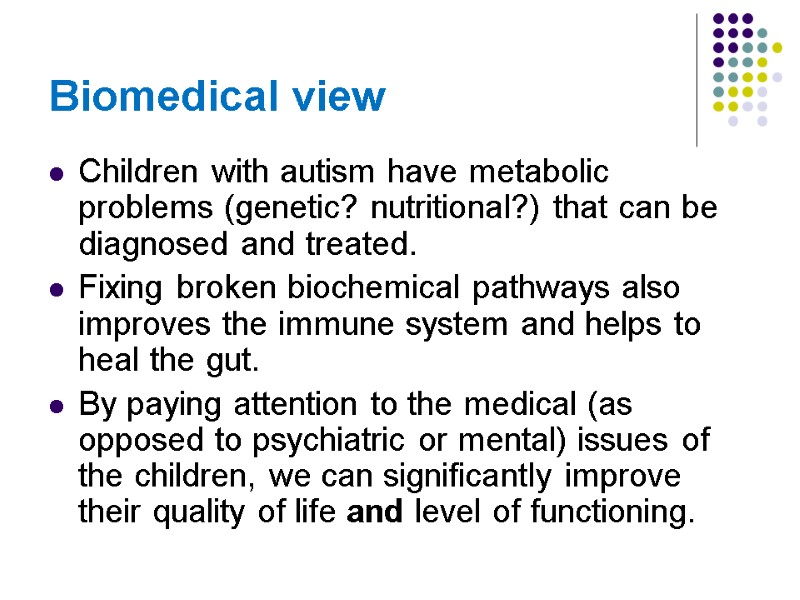
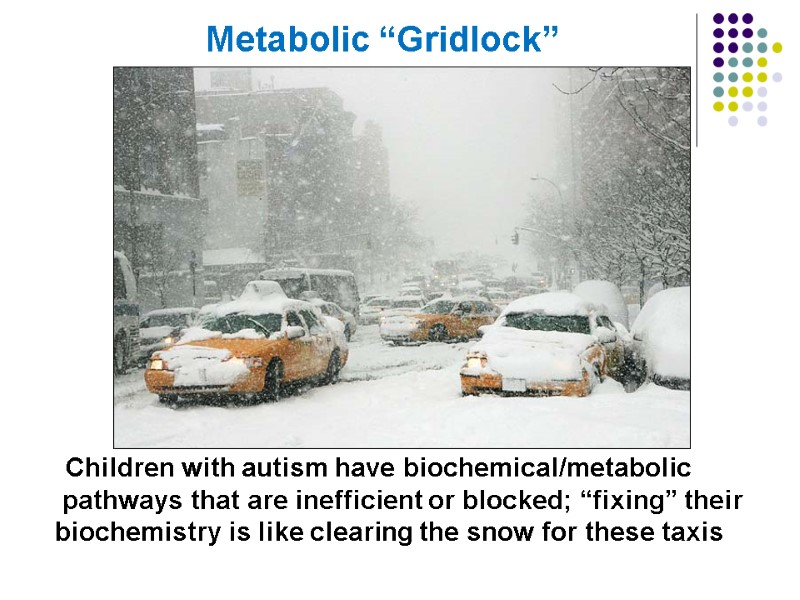
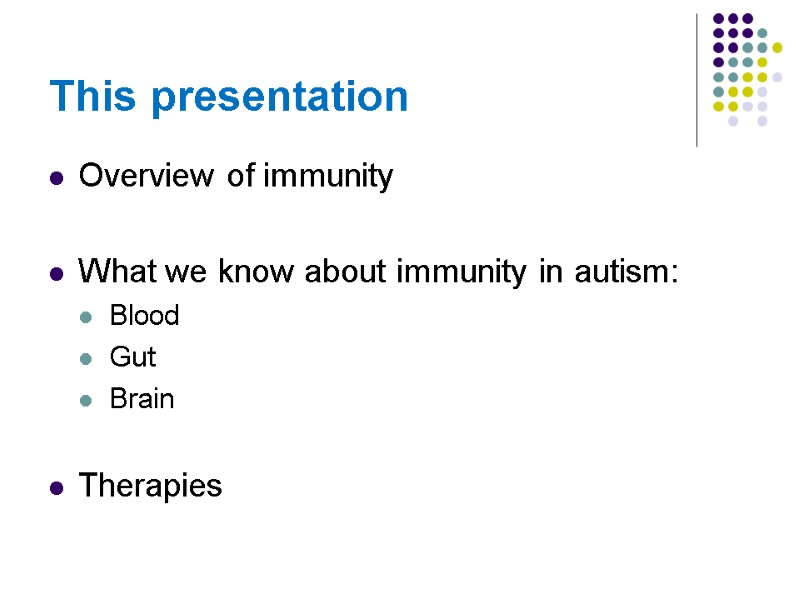
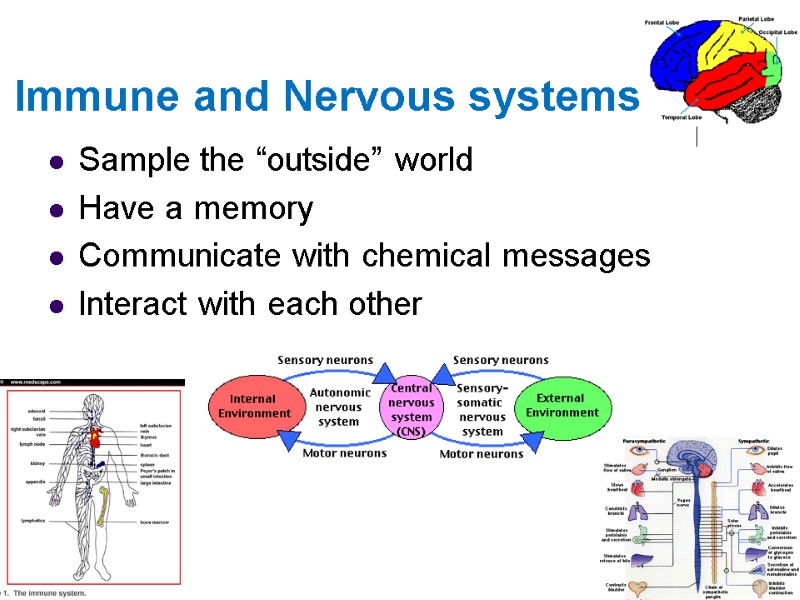
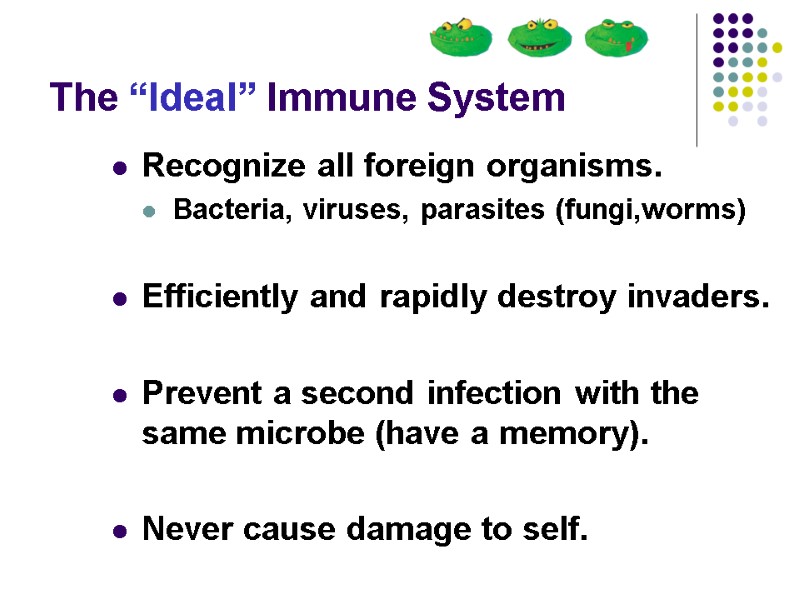
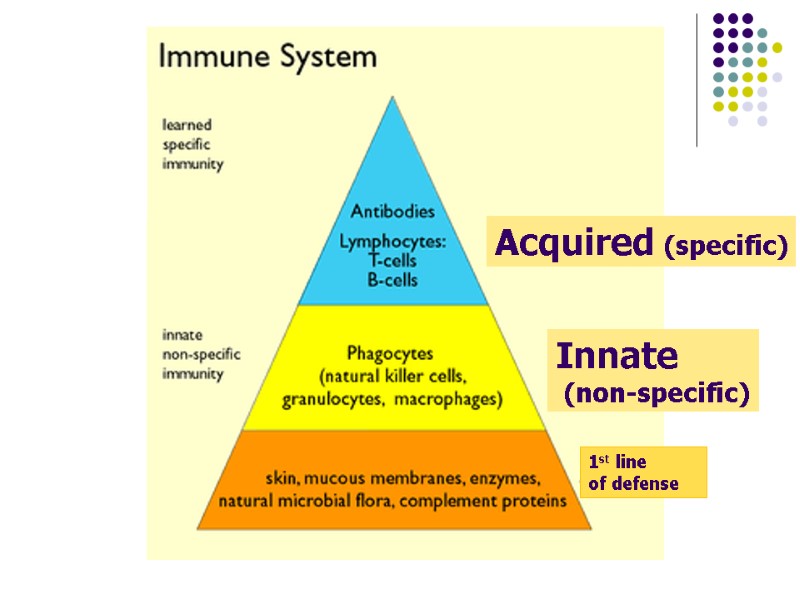
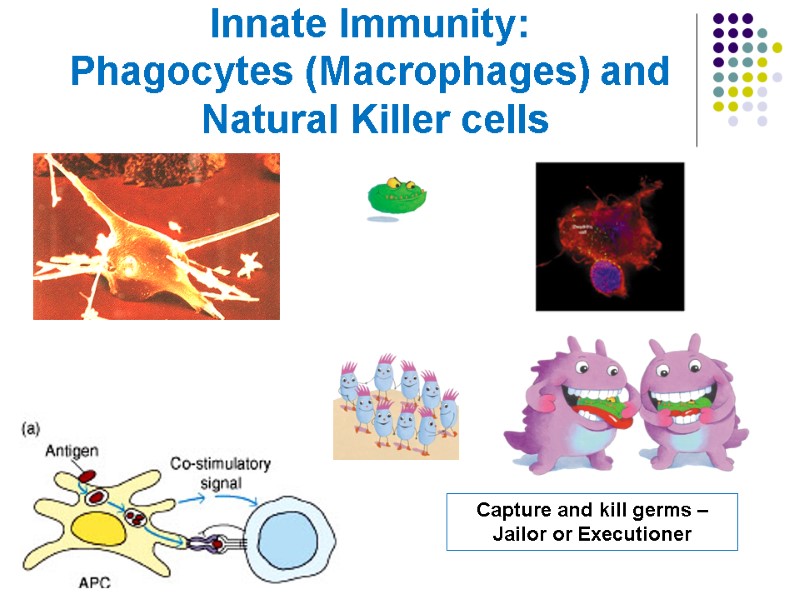
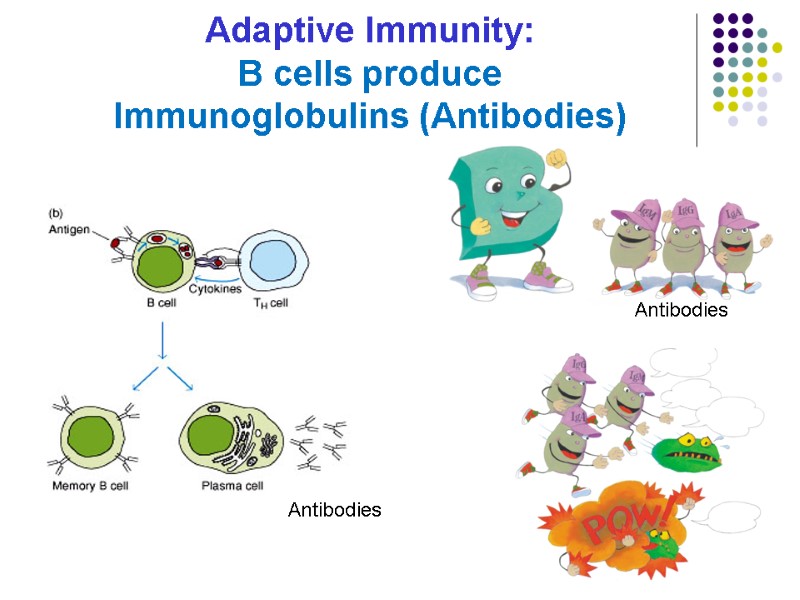
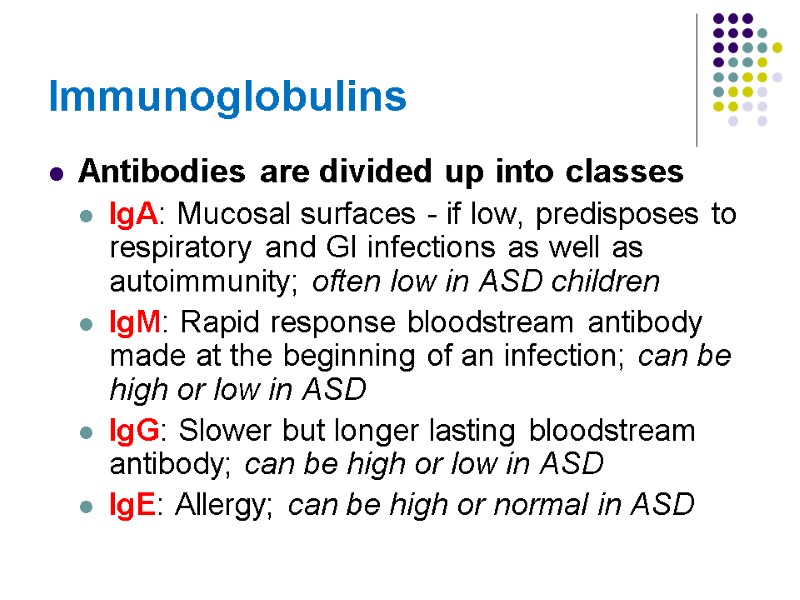
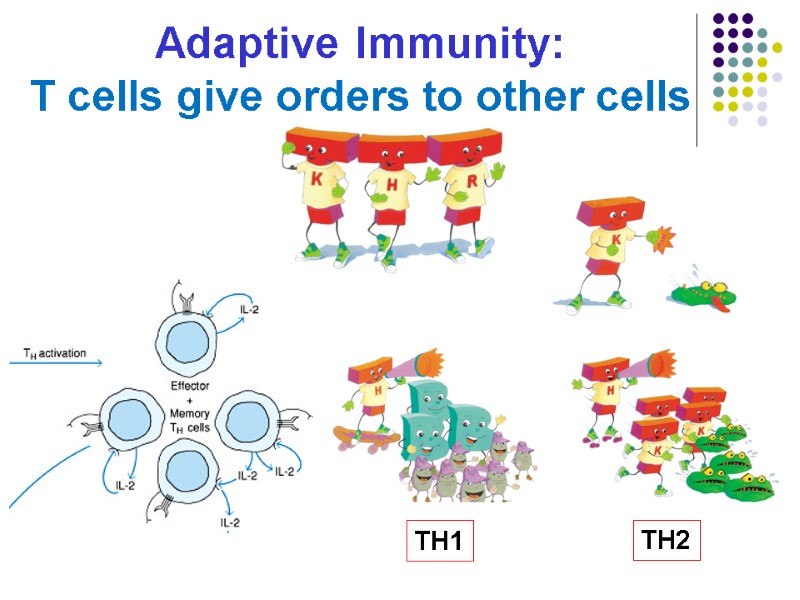
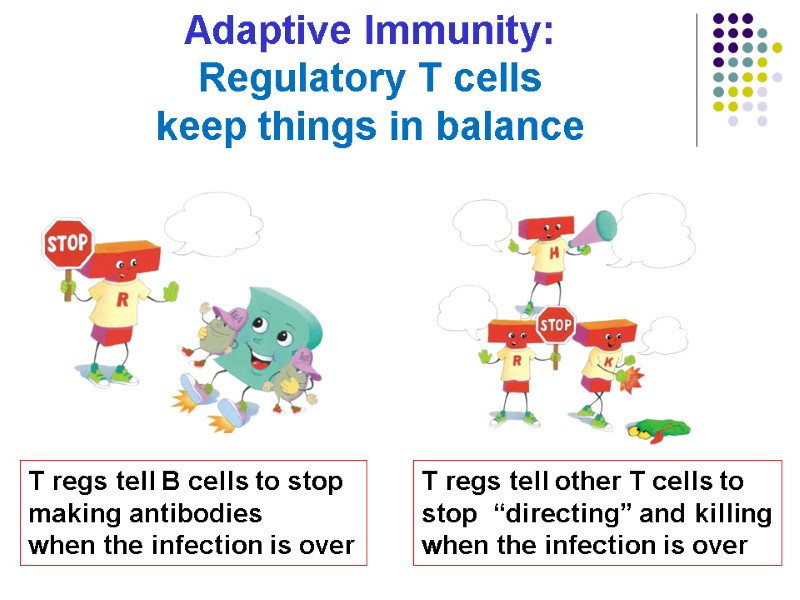
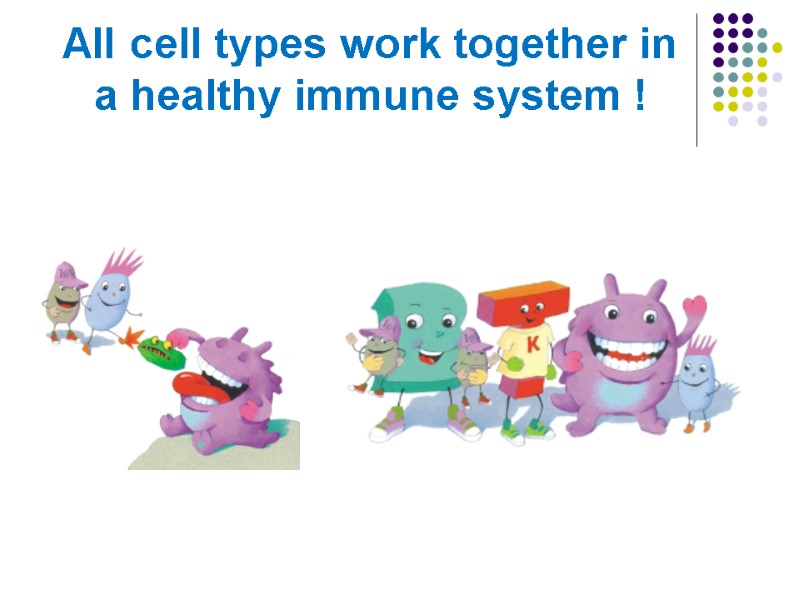
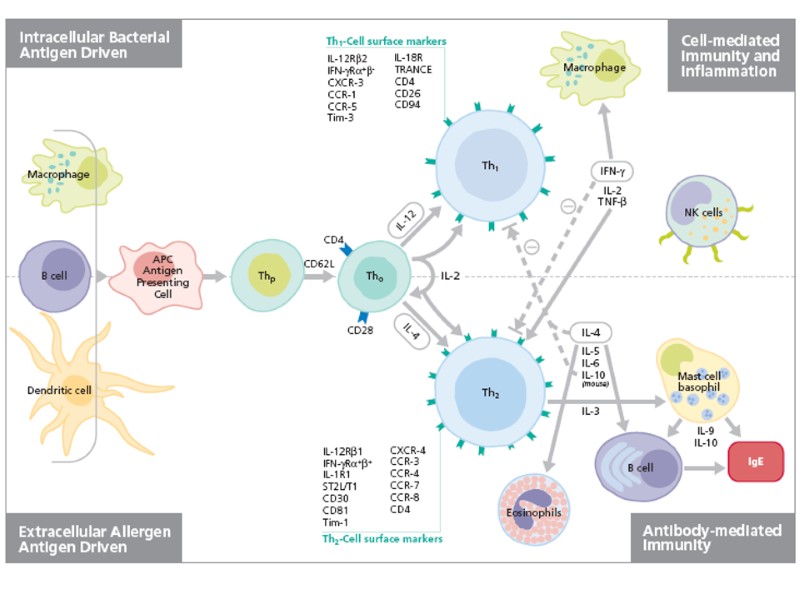
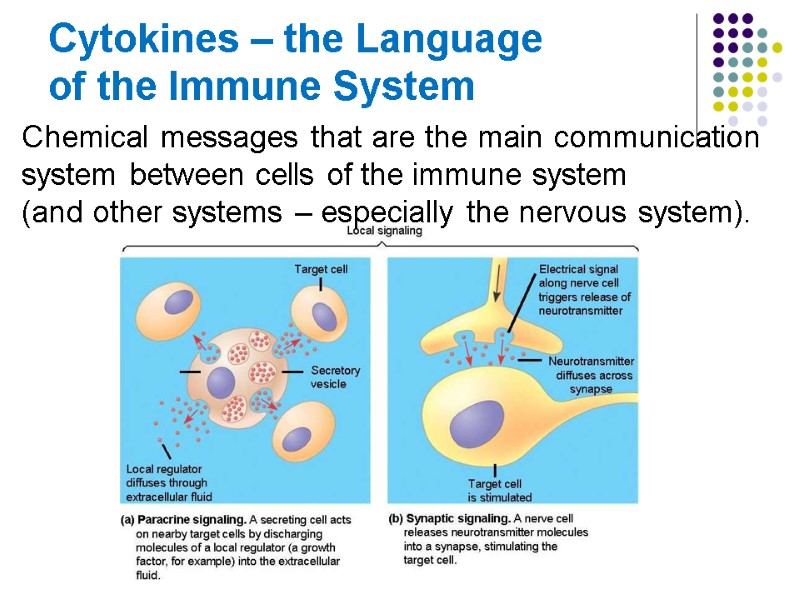
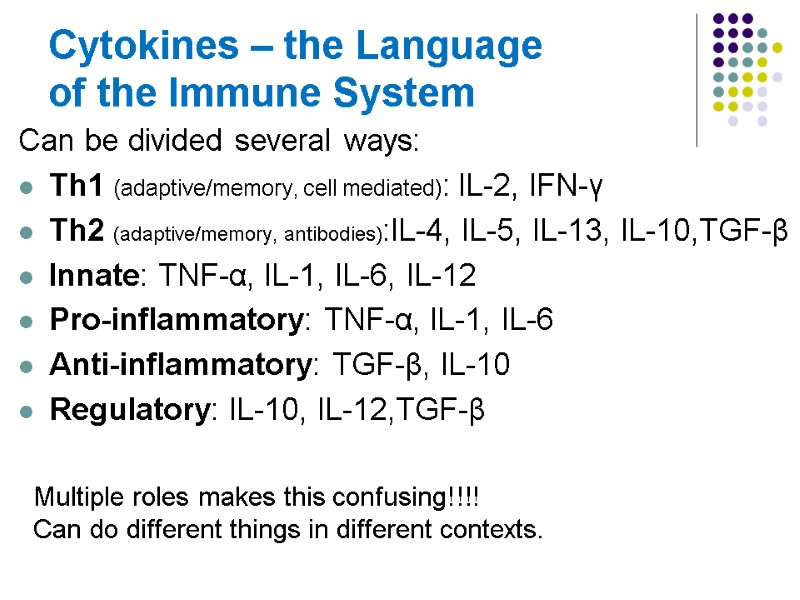
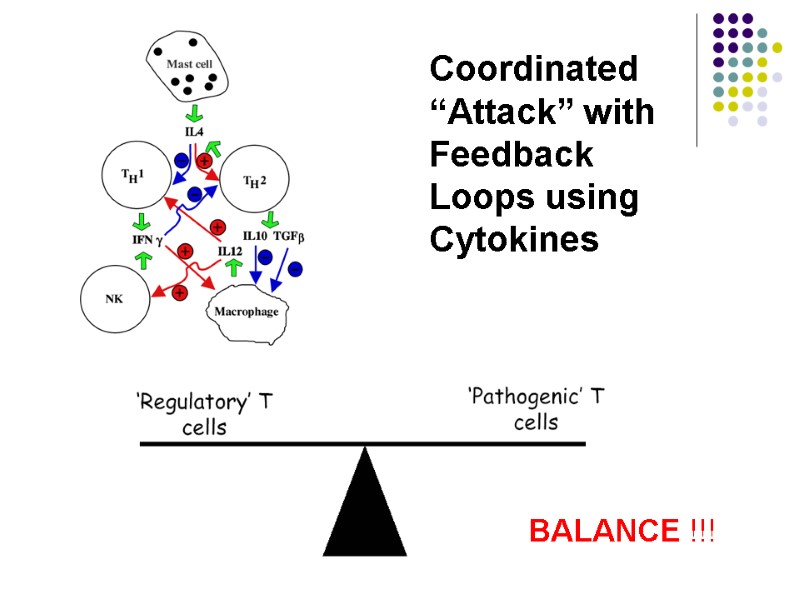
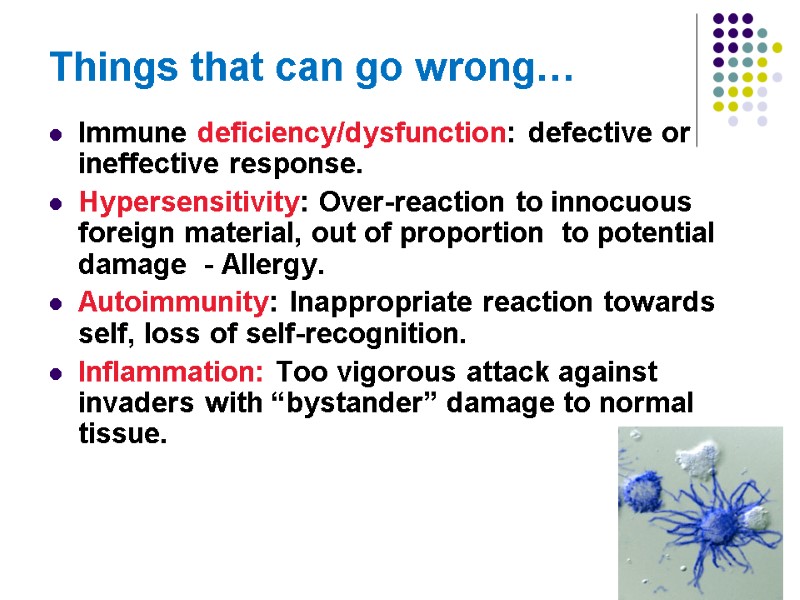
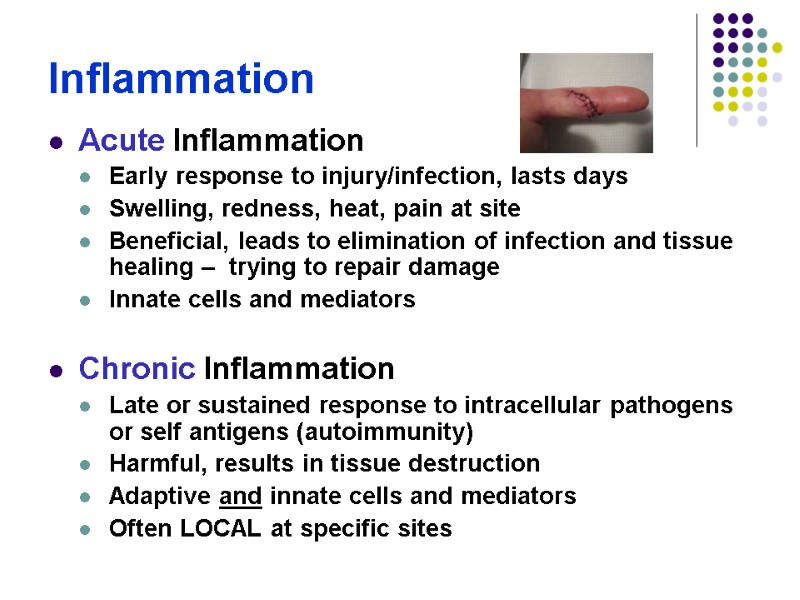
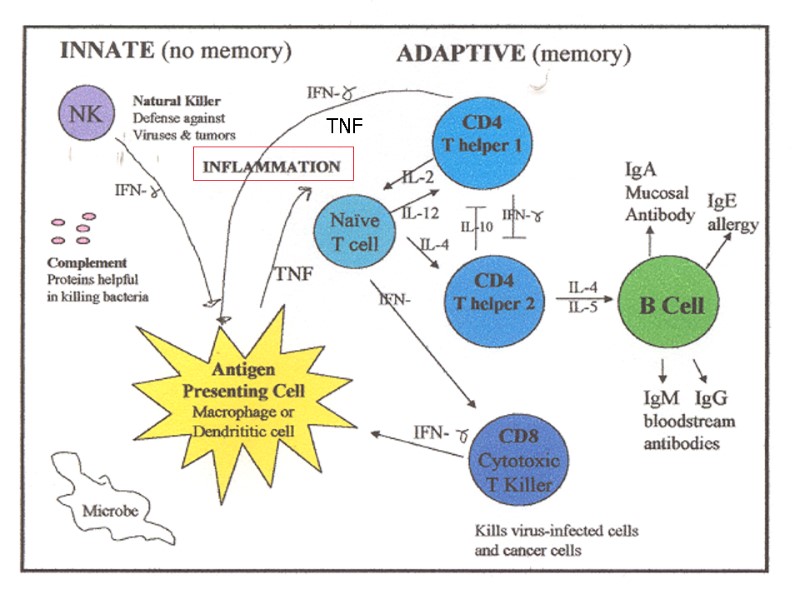
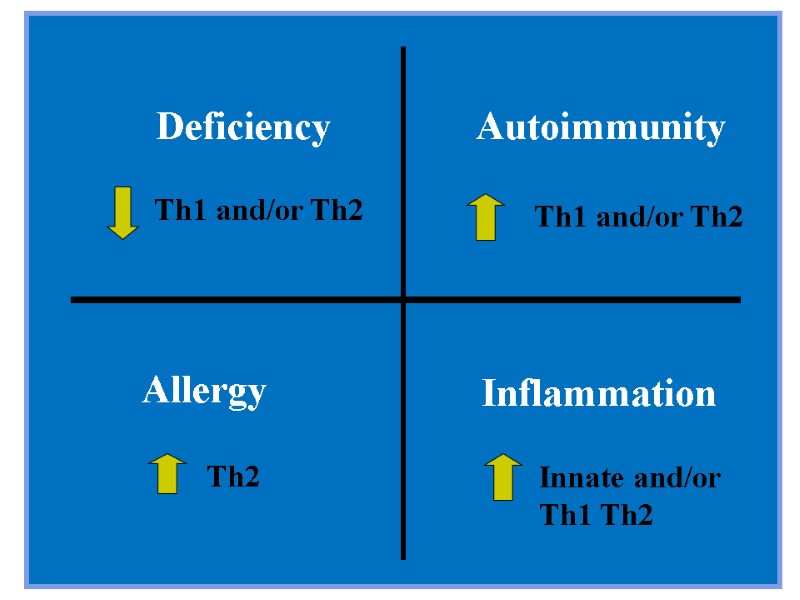
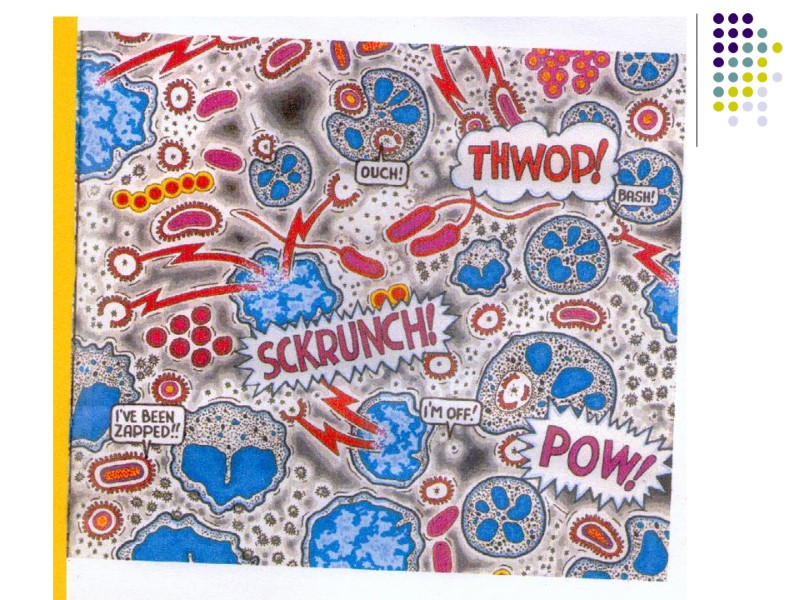
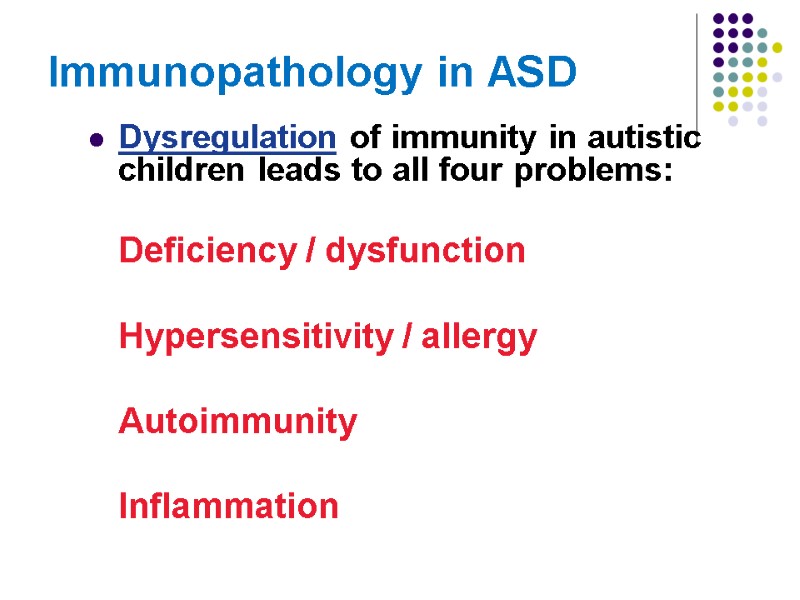
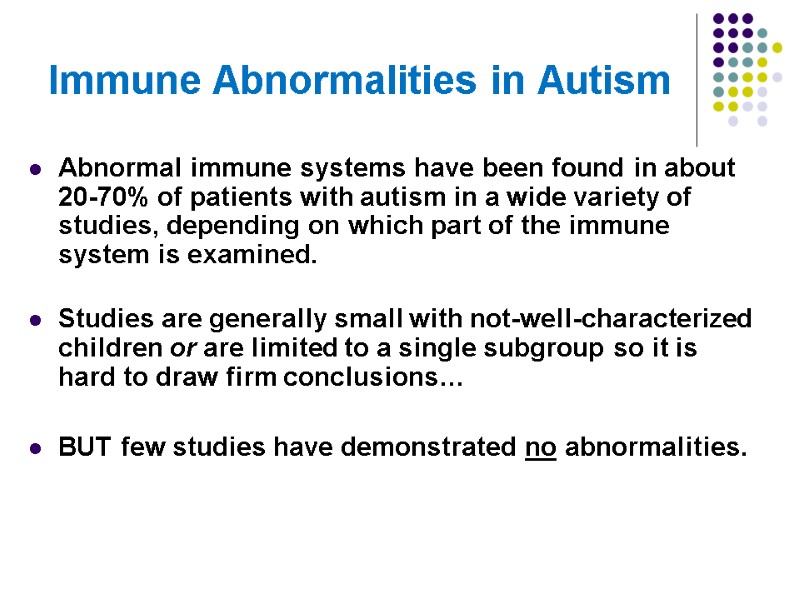
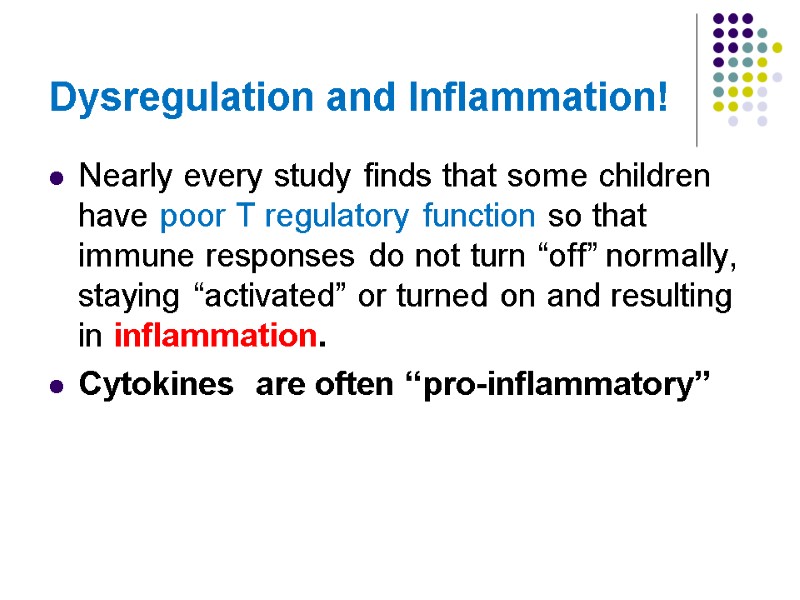
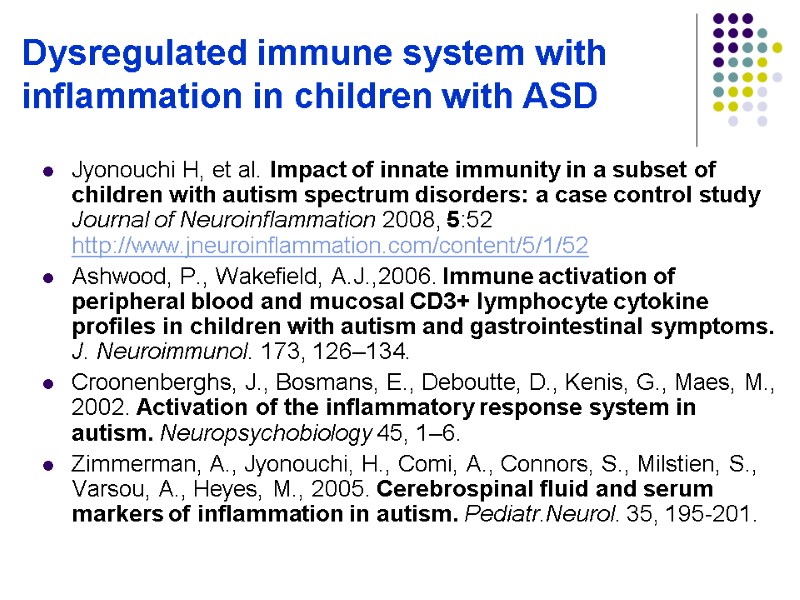
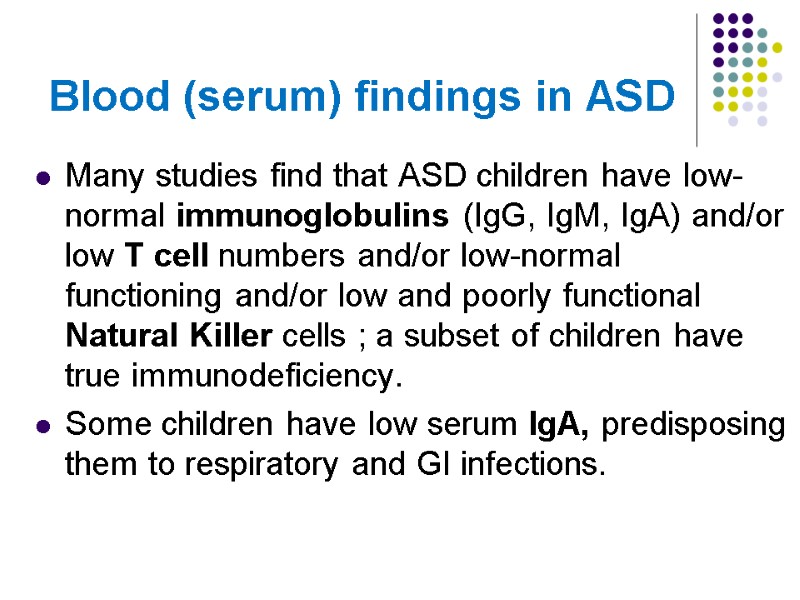
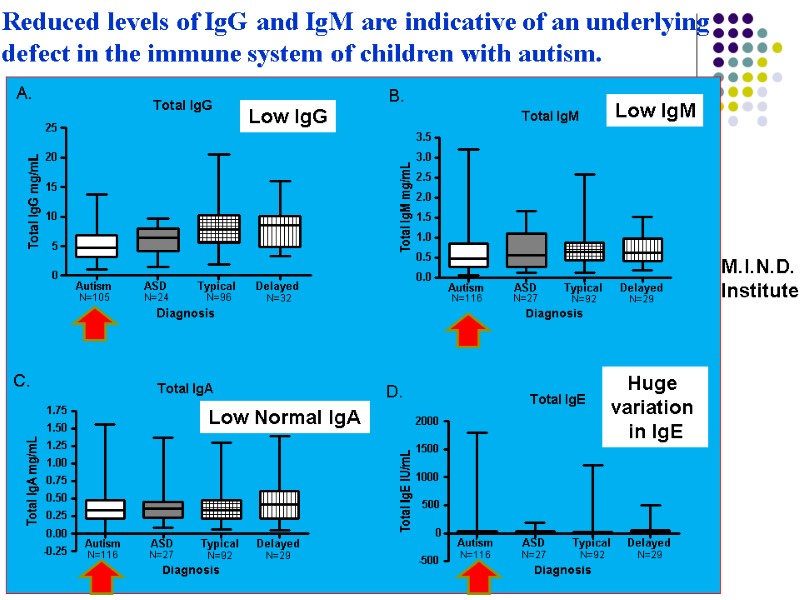
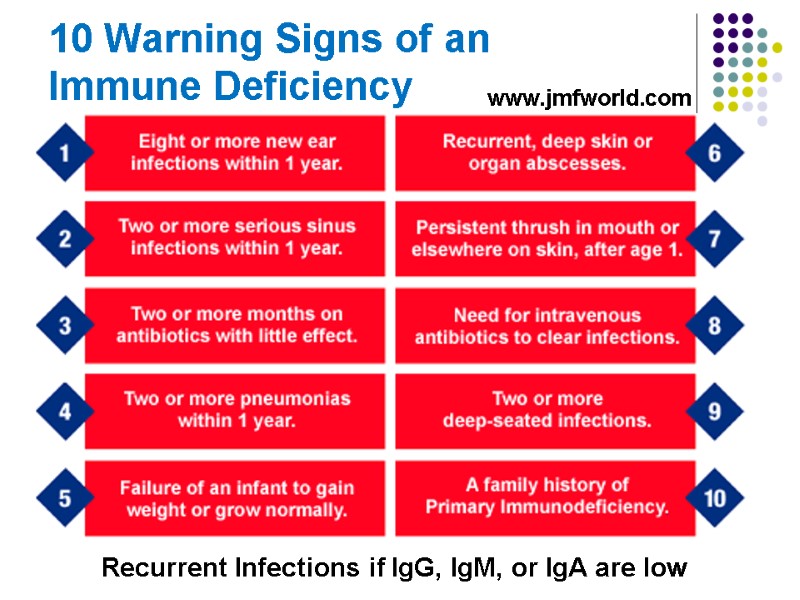
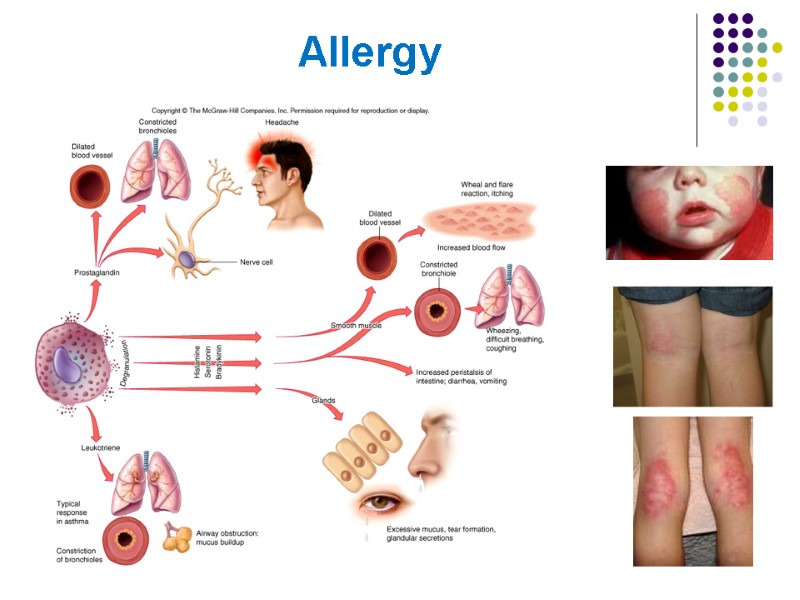
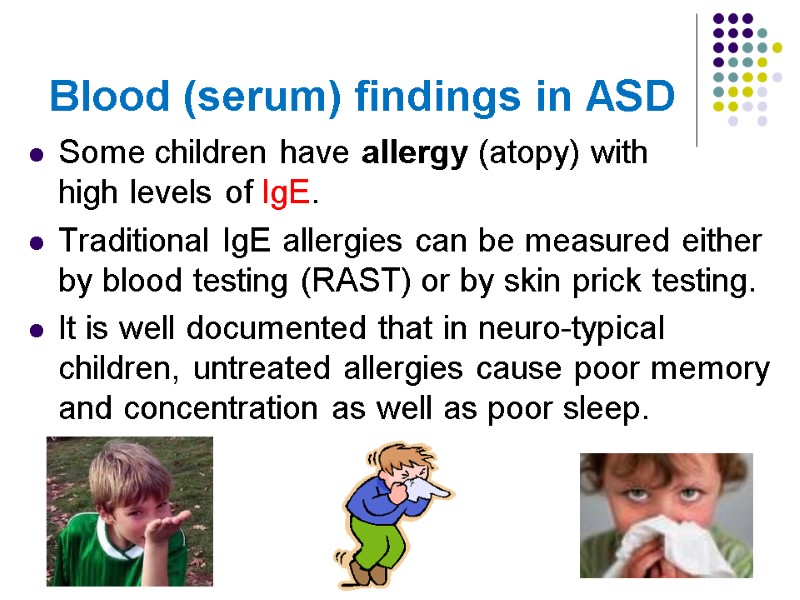
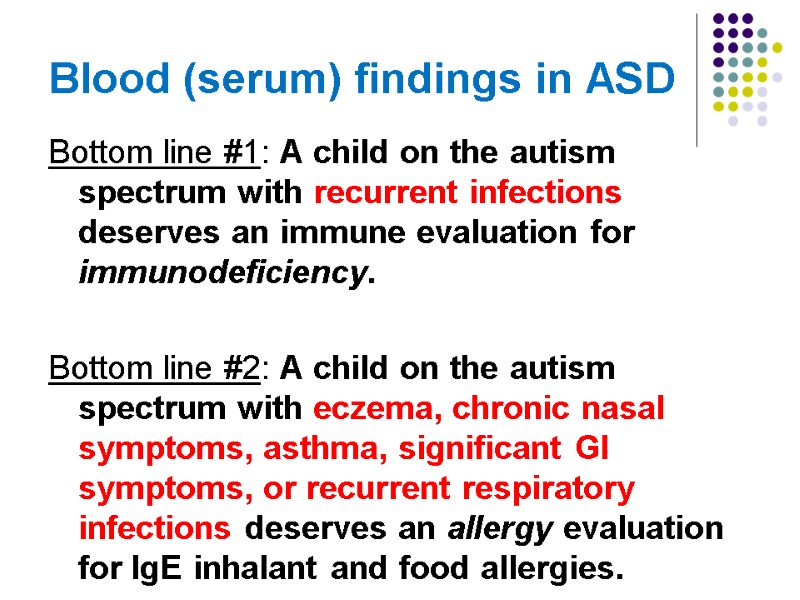
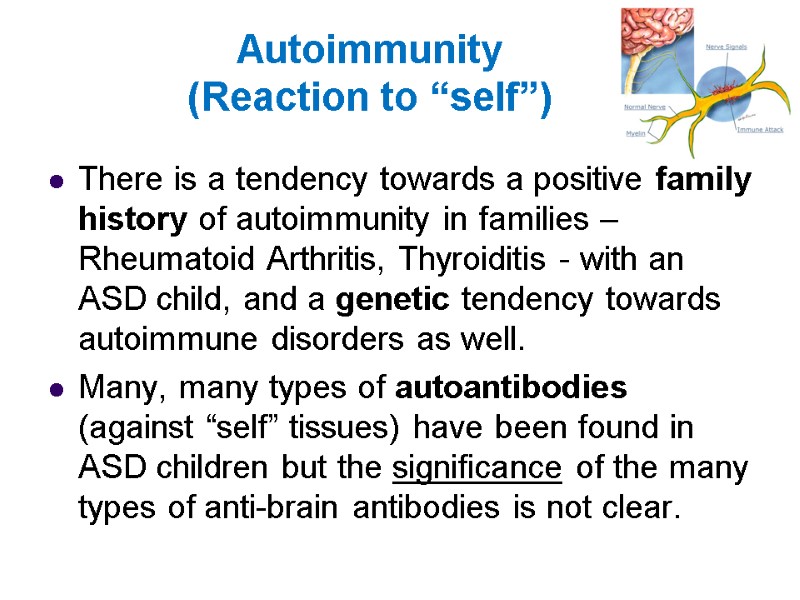
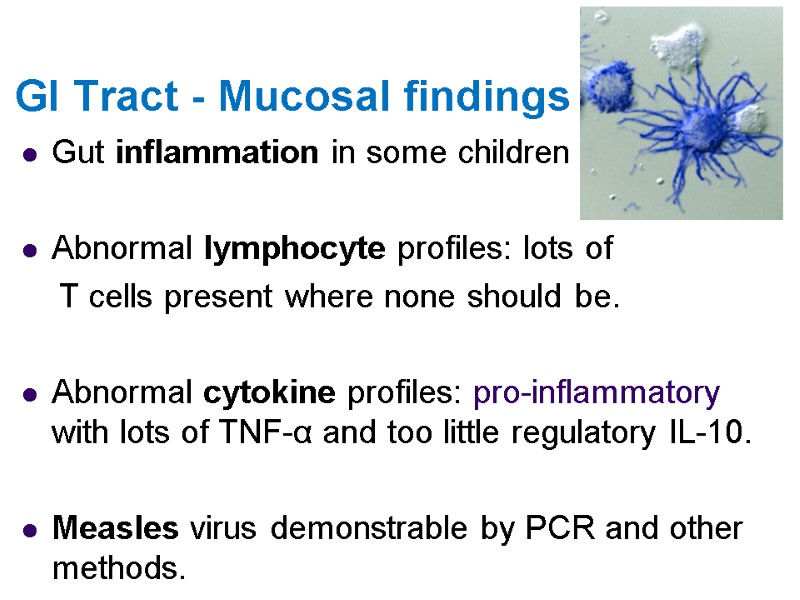
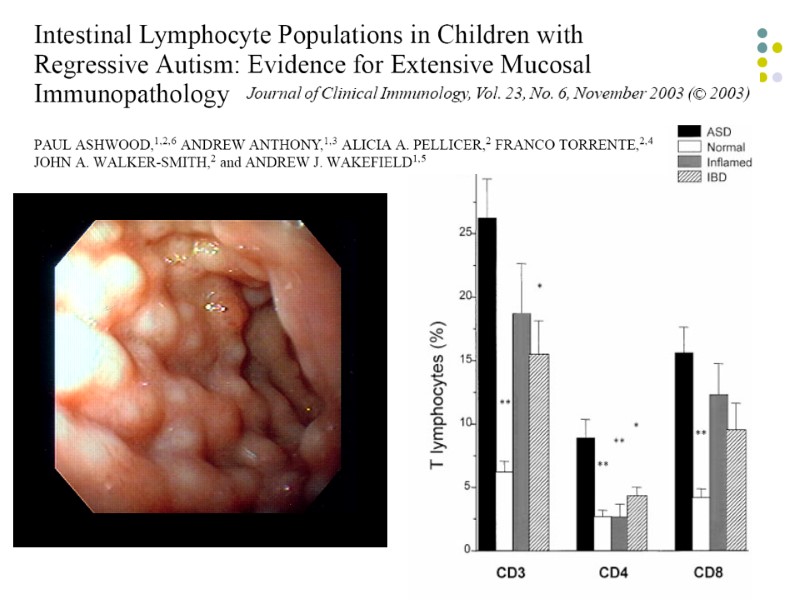
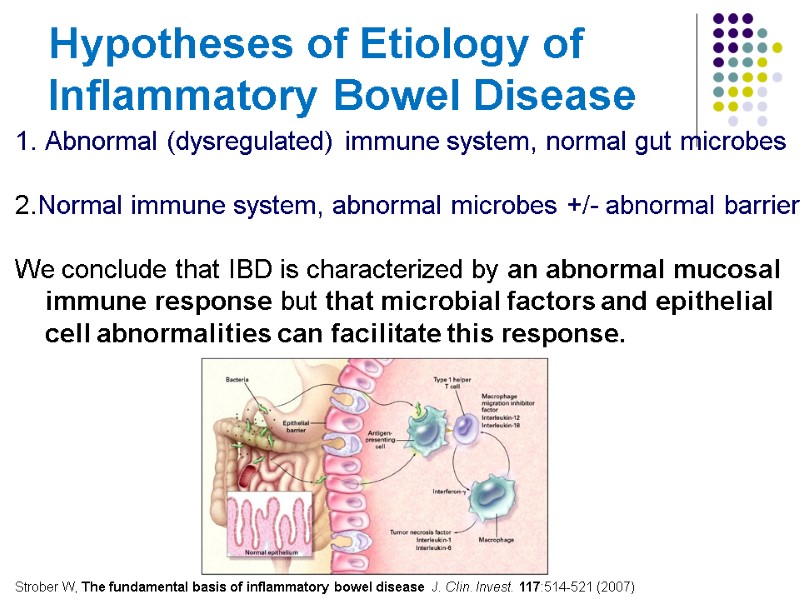
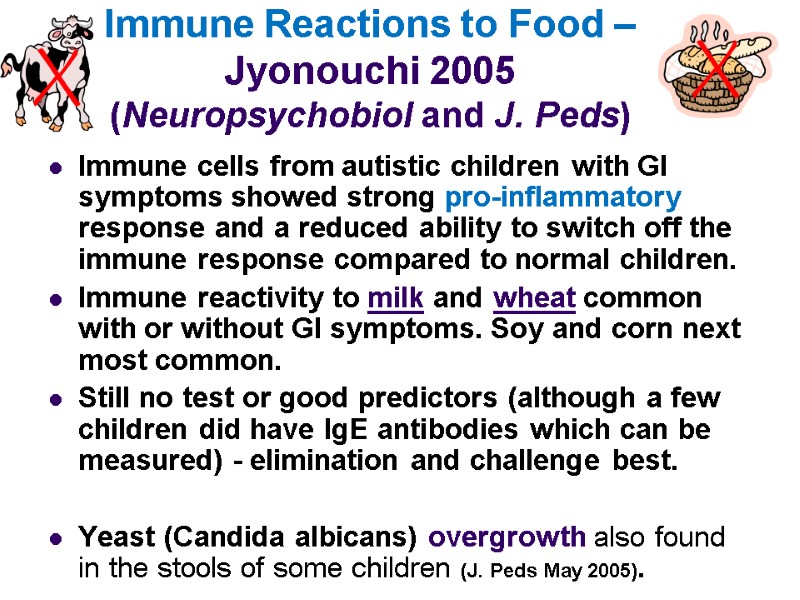
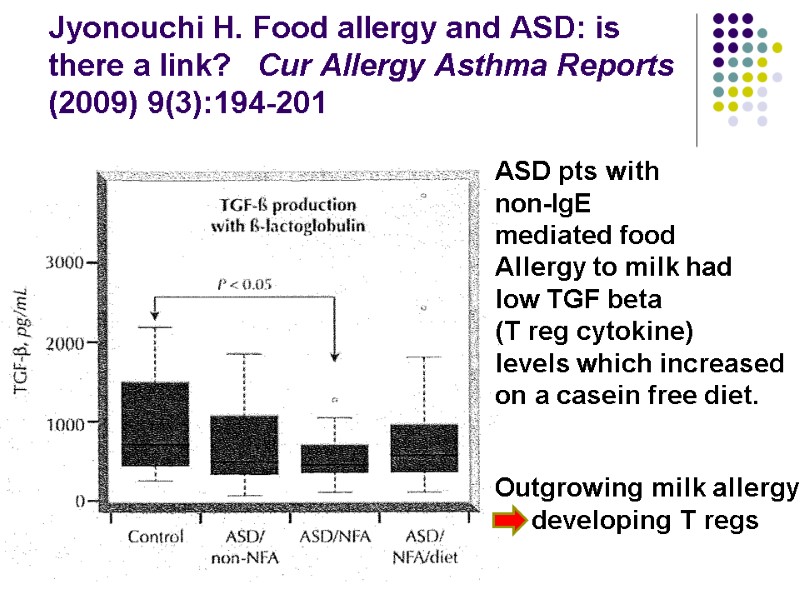
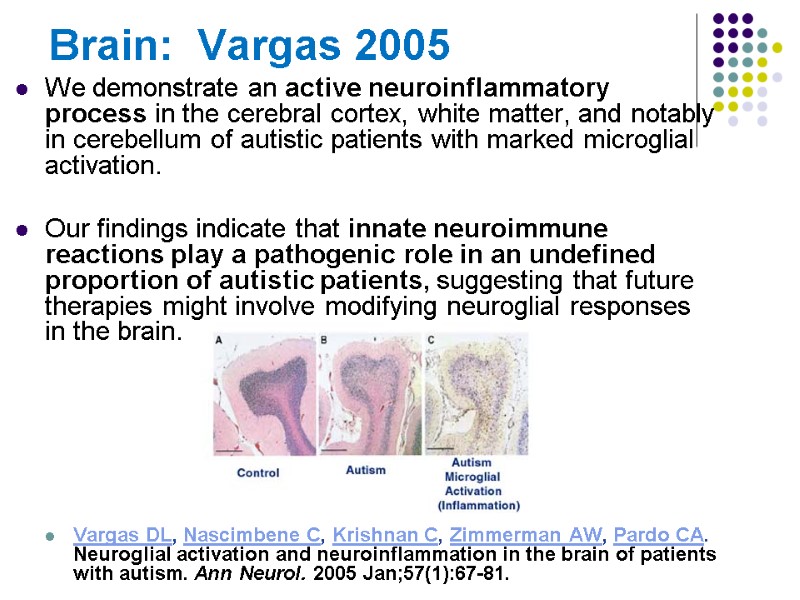
![Immune system & Autism: An overview [Pardo 2005] Immune system & Autism: An overview [Pardo 2005]](https://present5.com/presentacii-2/20171208\10714-autism-and-the-immune-system3003.ppt\10714-autism-and-the-immune-system3003_46.jpg)
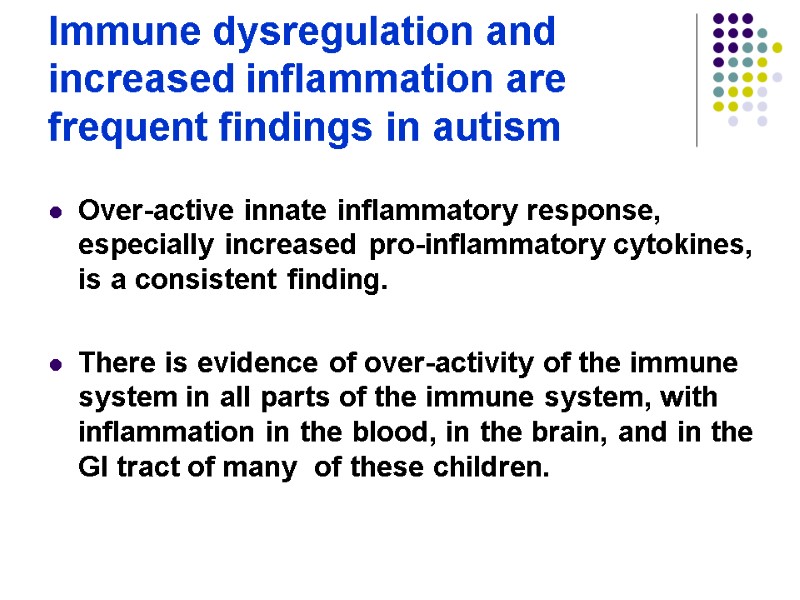
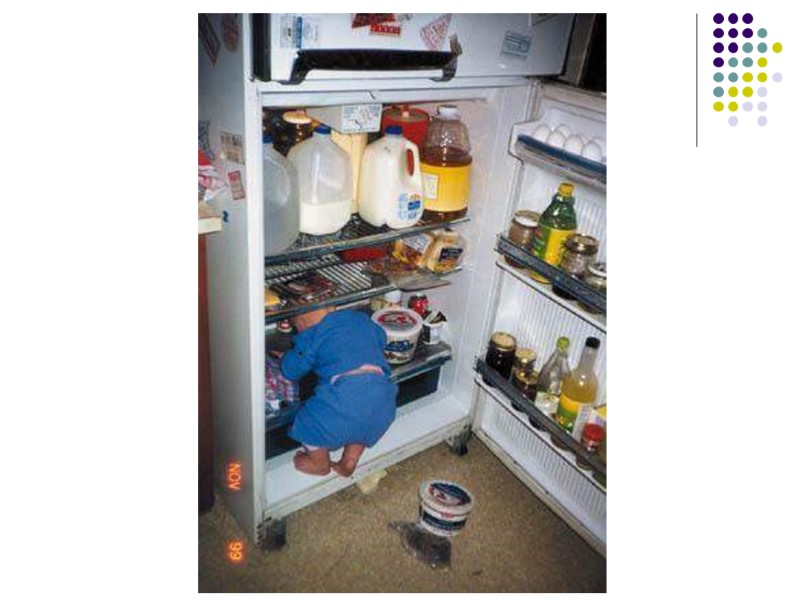
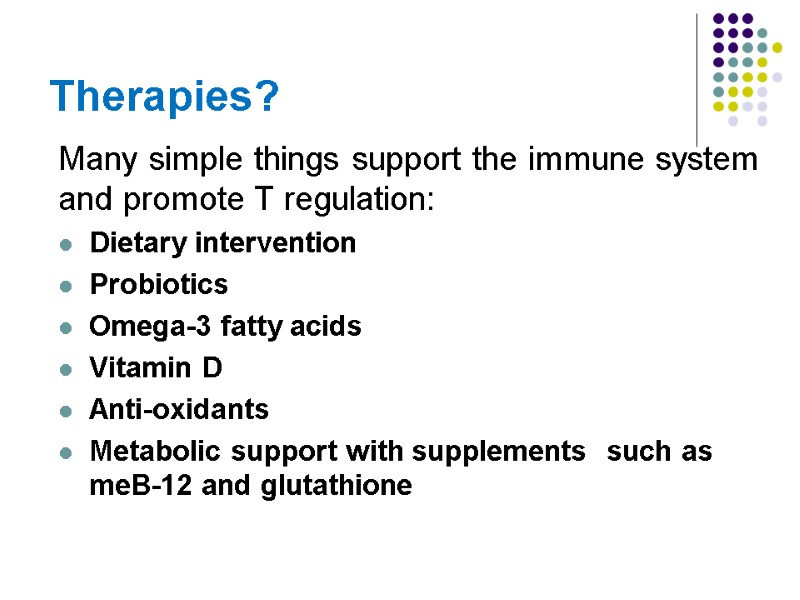
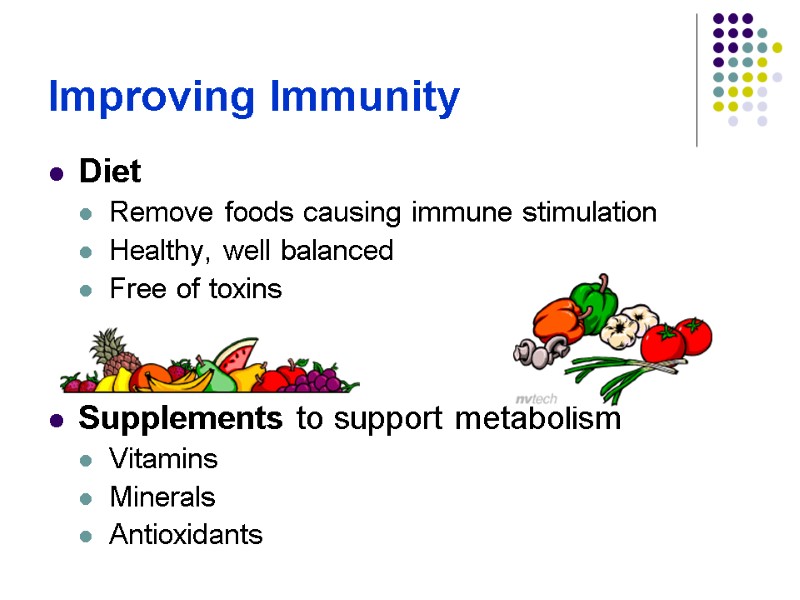
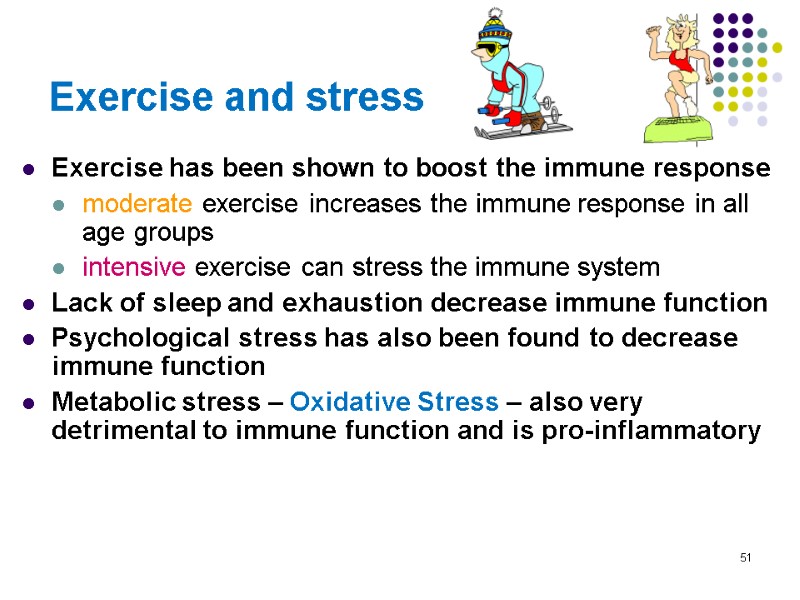
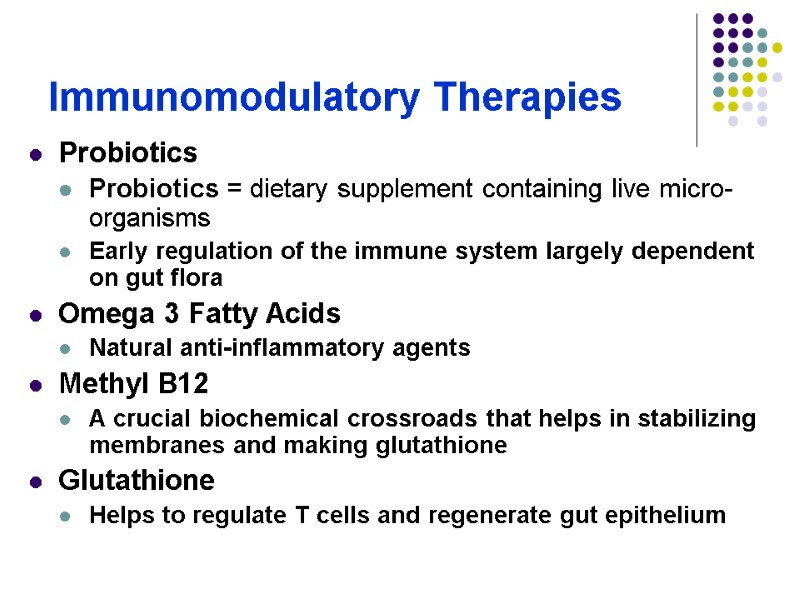
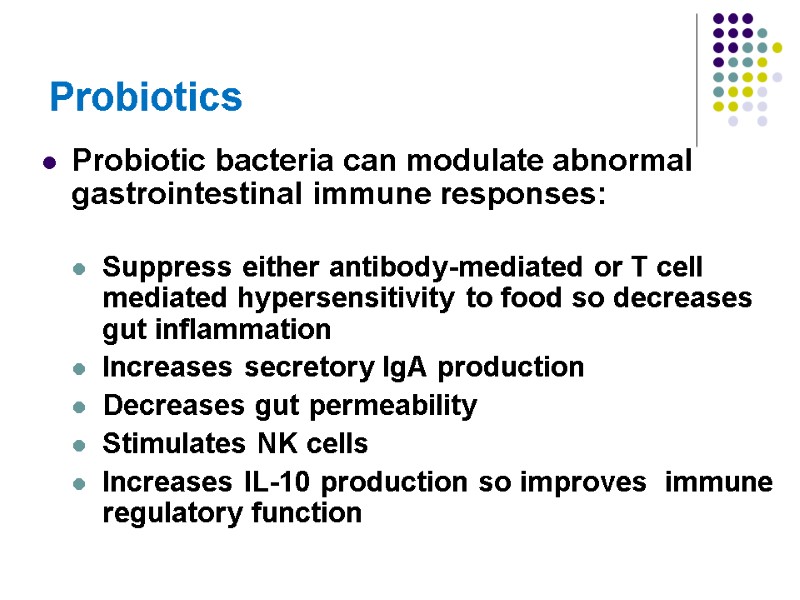
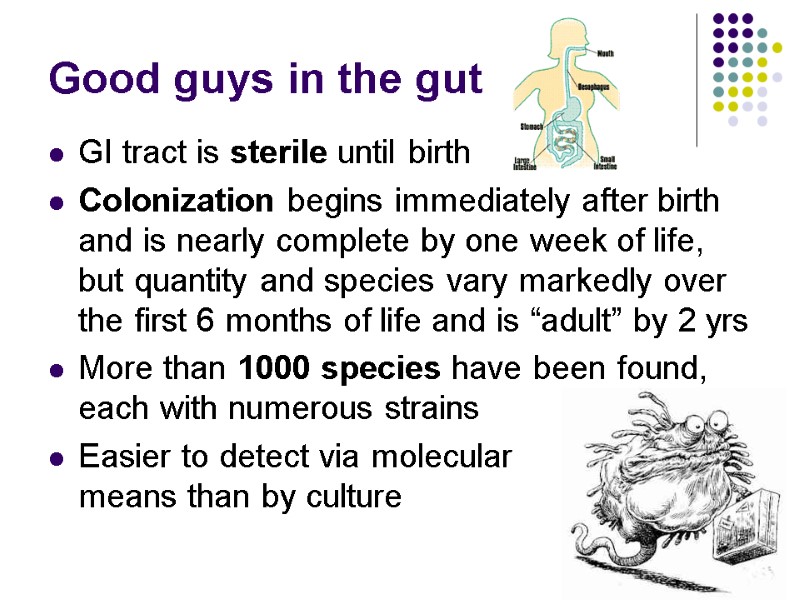
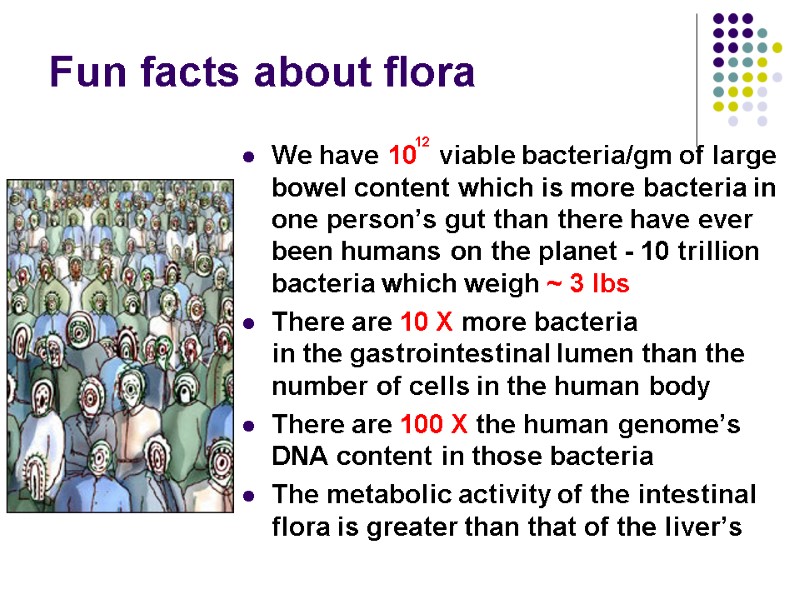
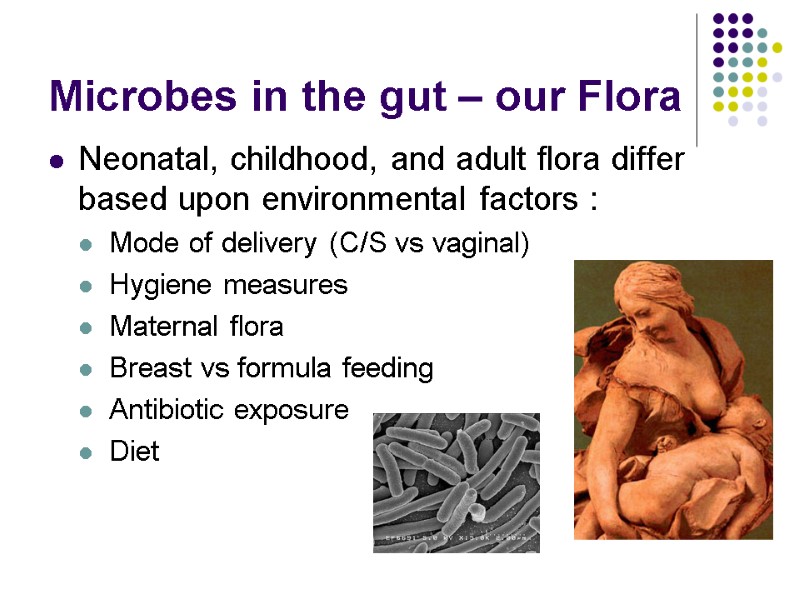
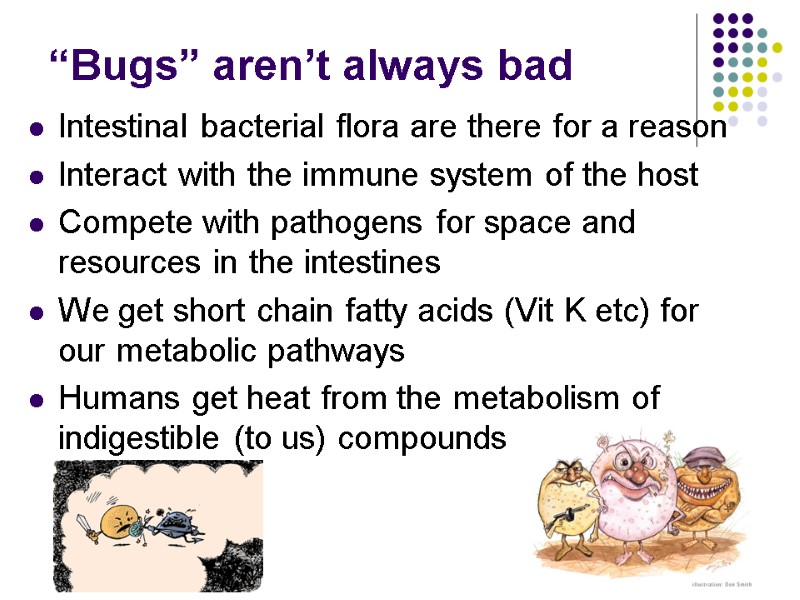
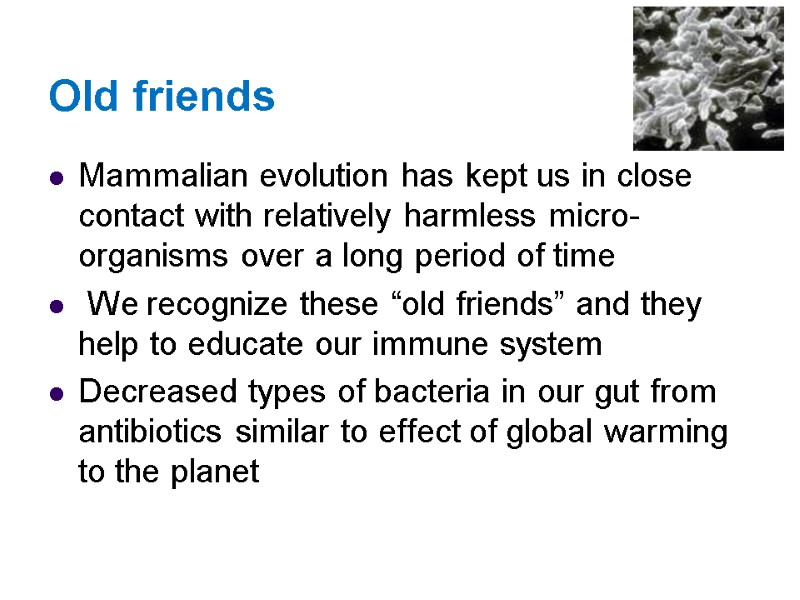
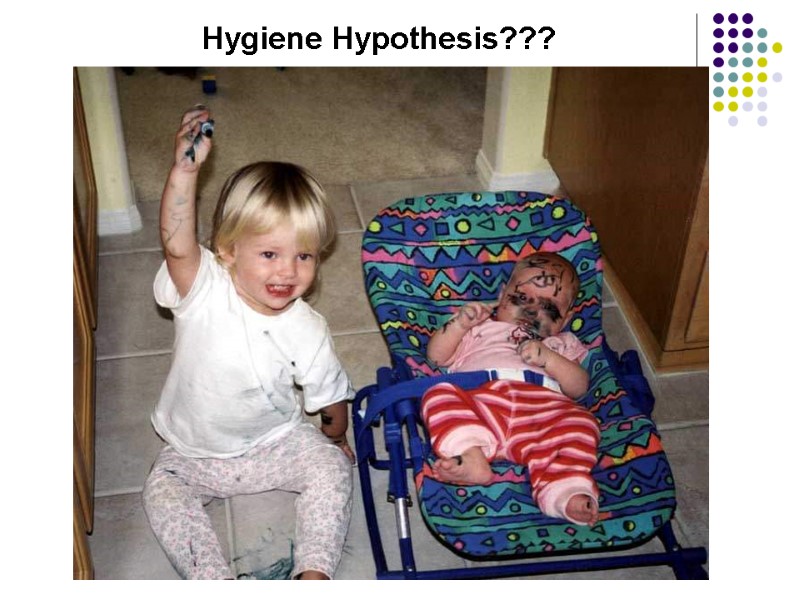
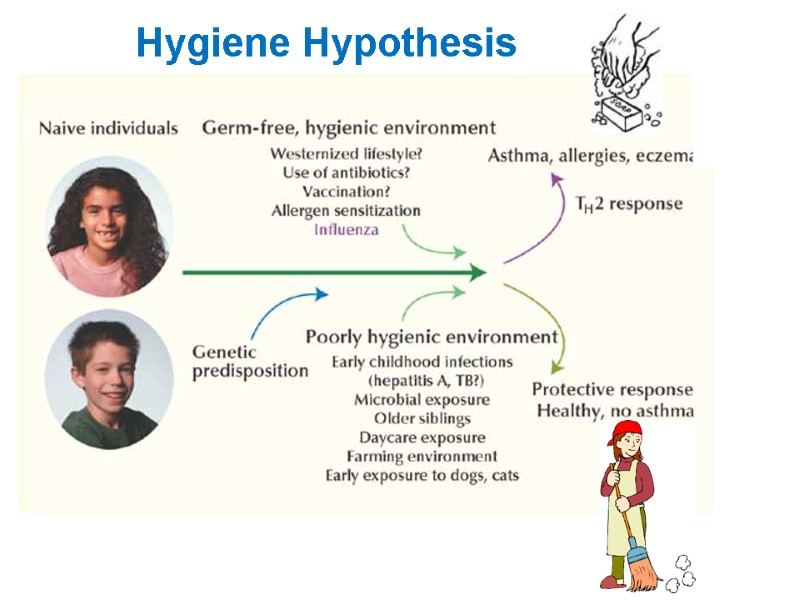
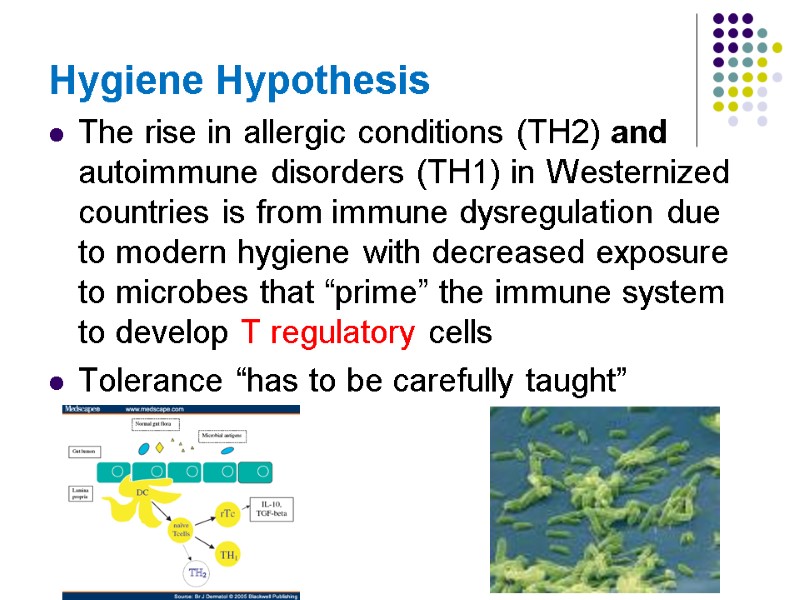
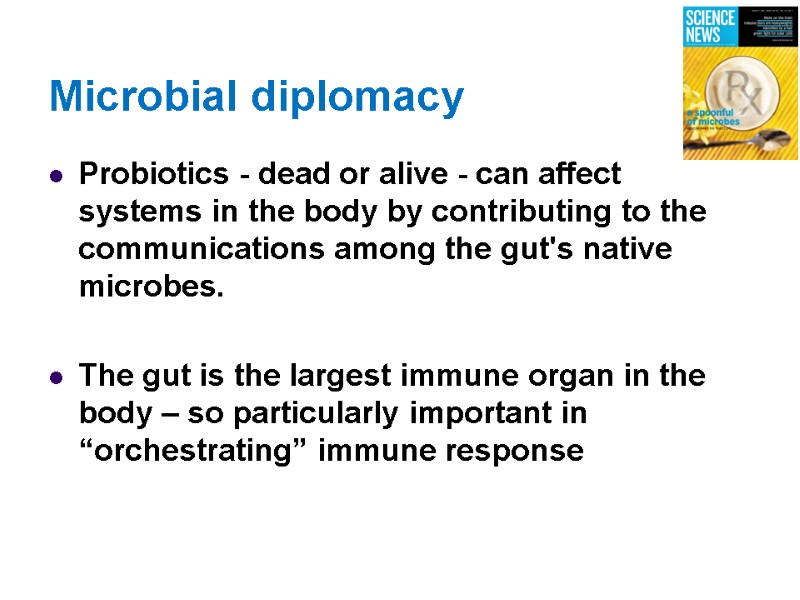
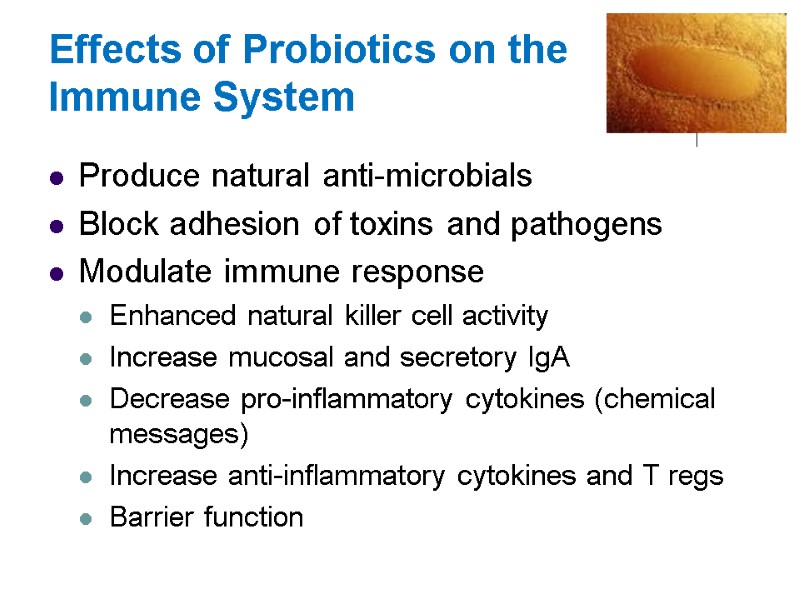
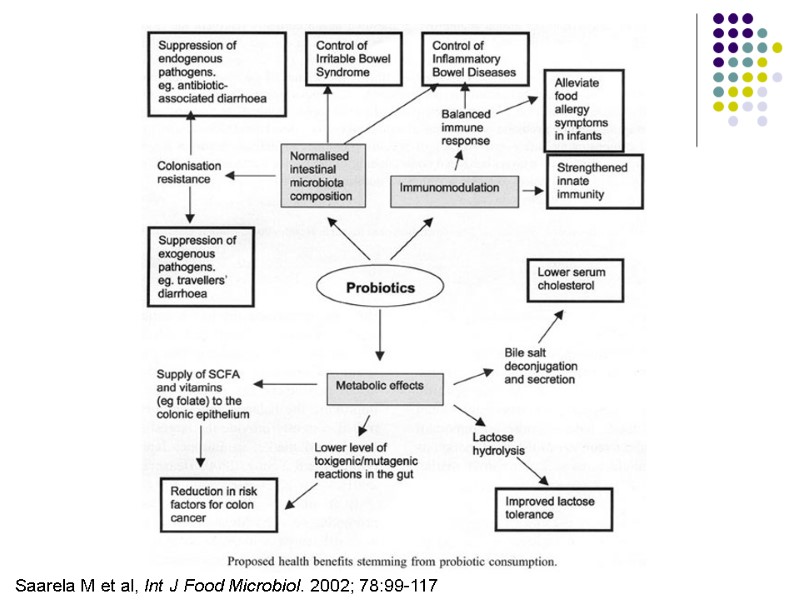
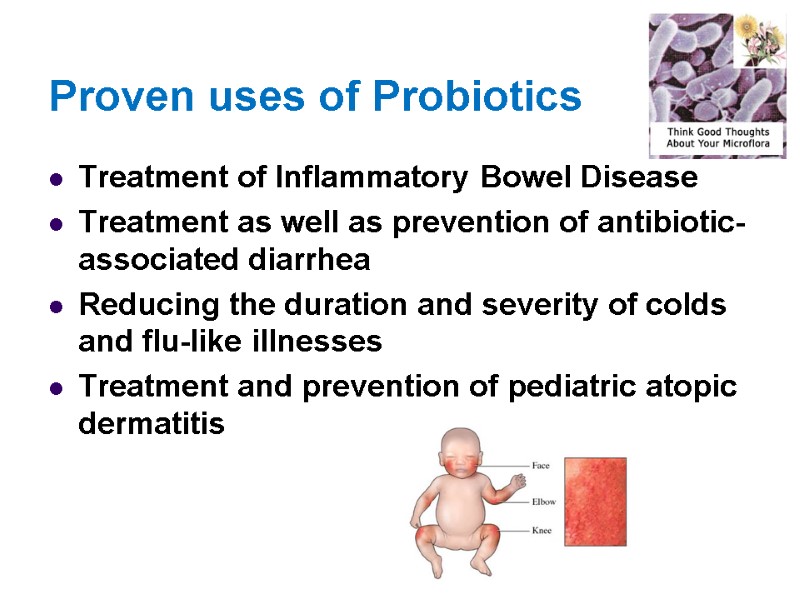
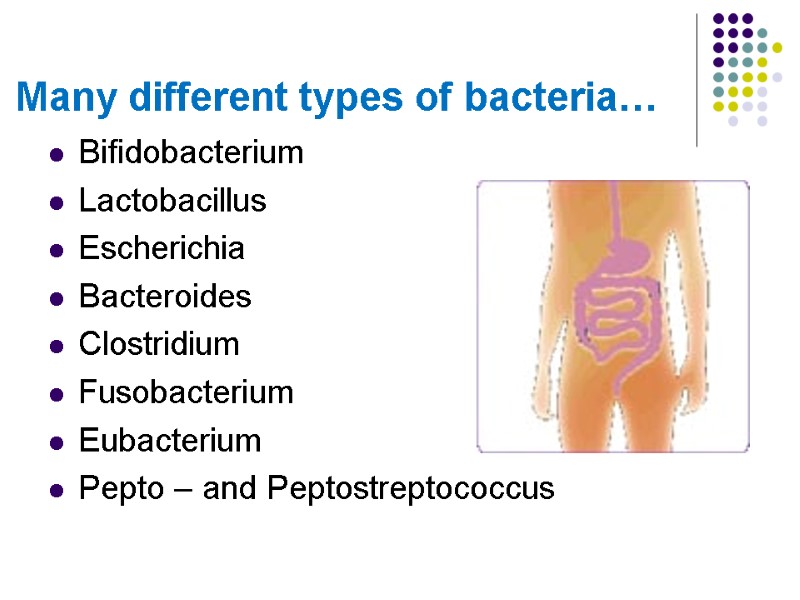
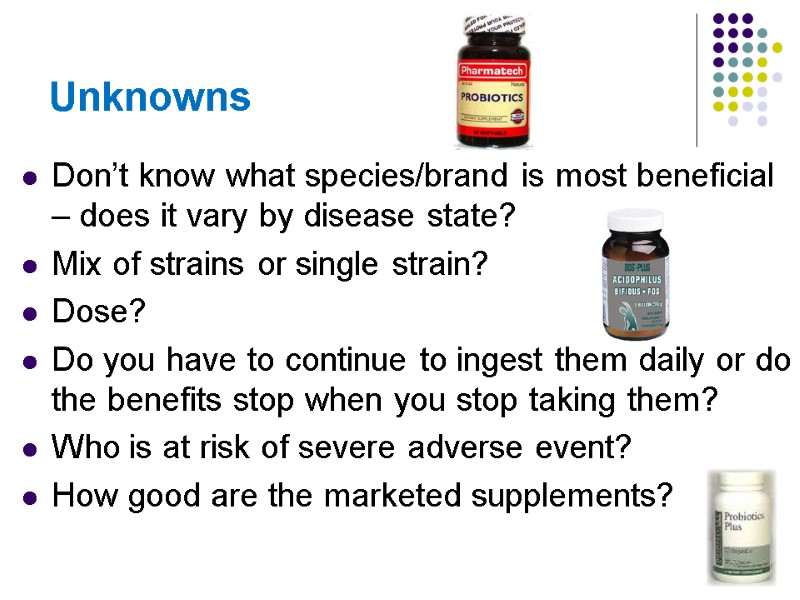
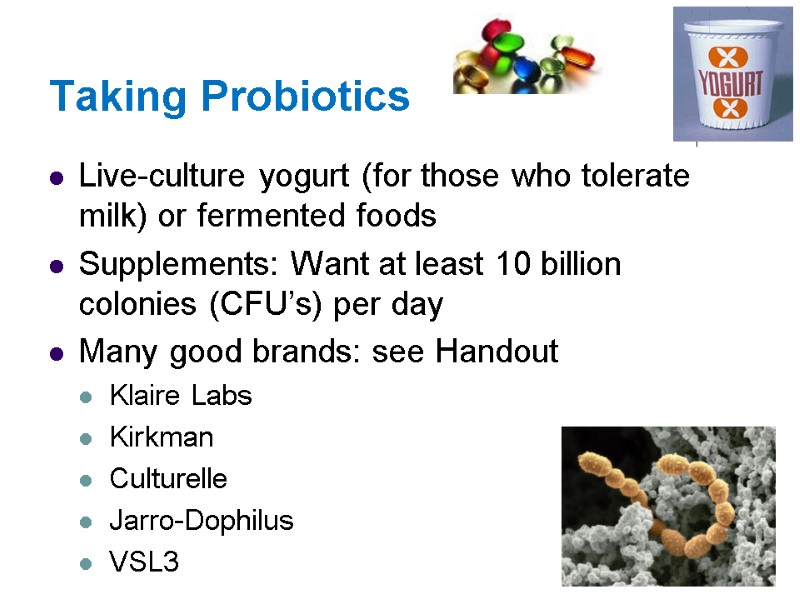
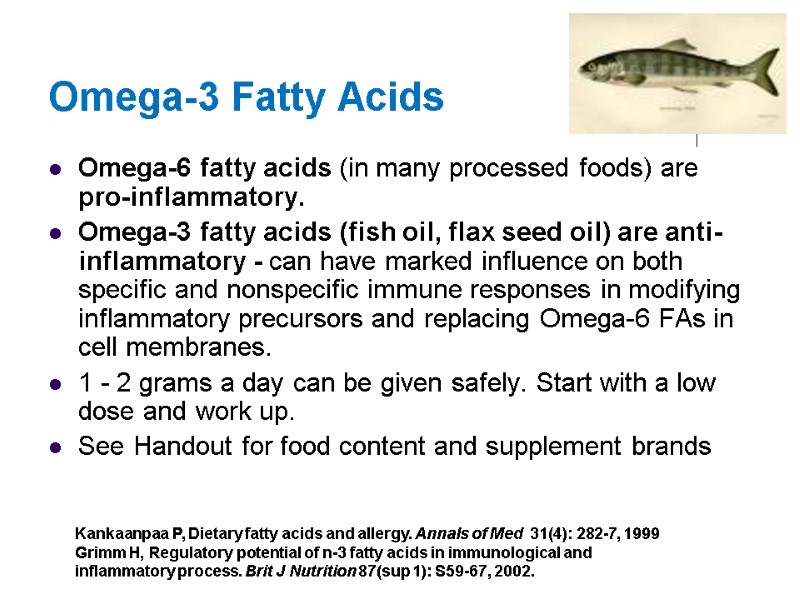
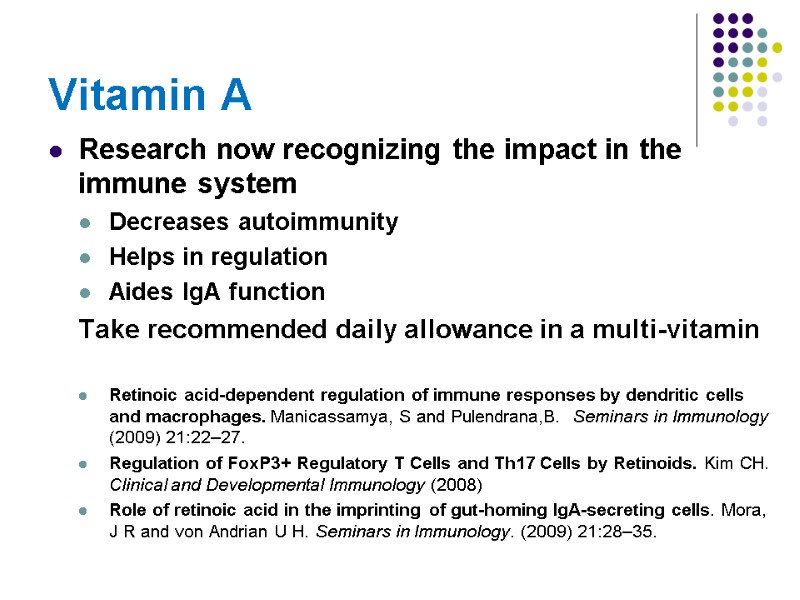
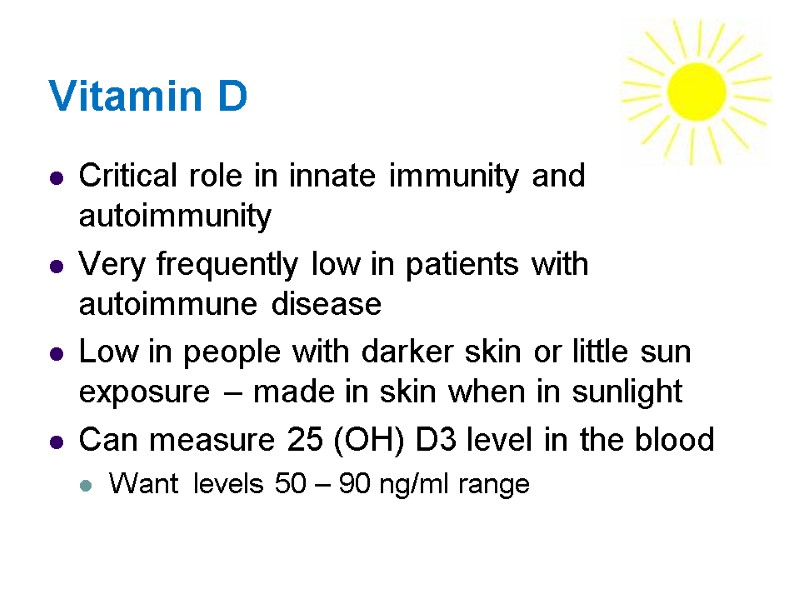
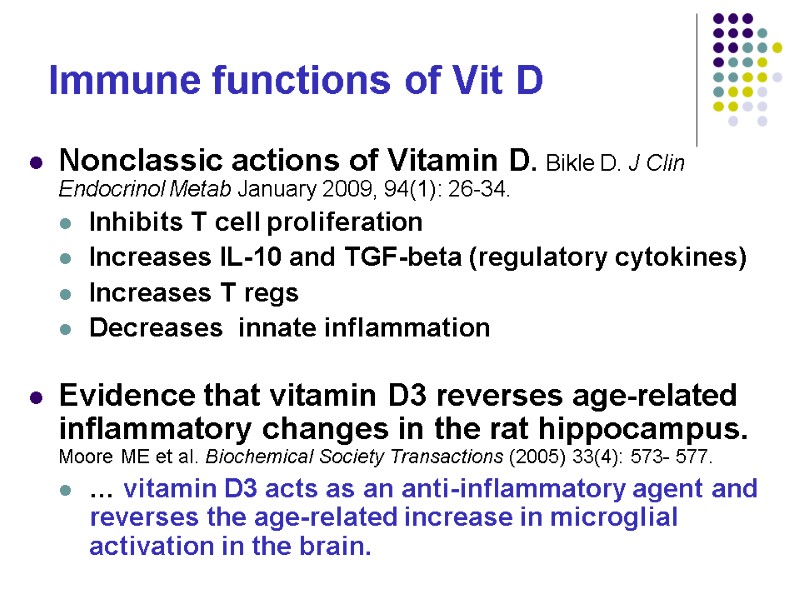
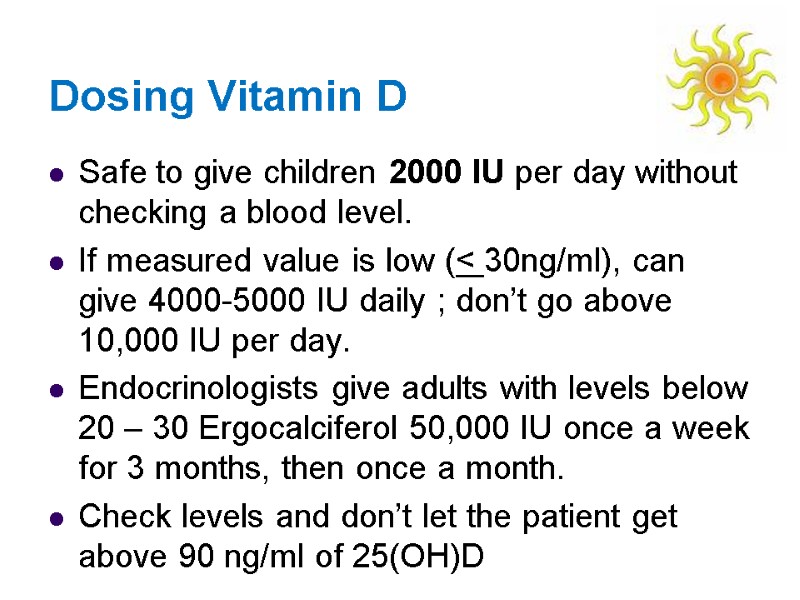
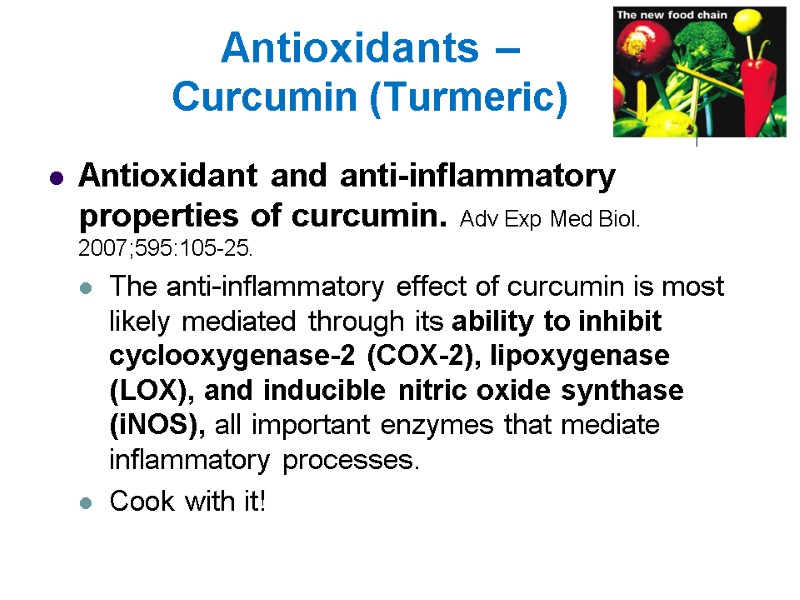
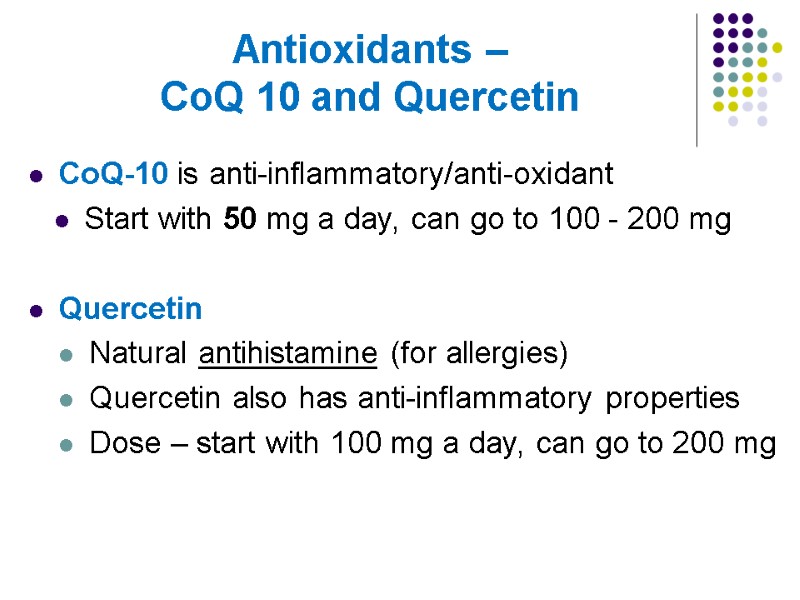
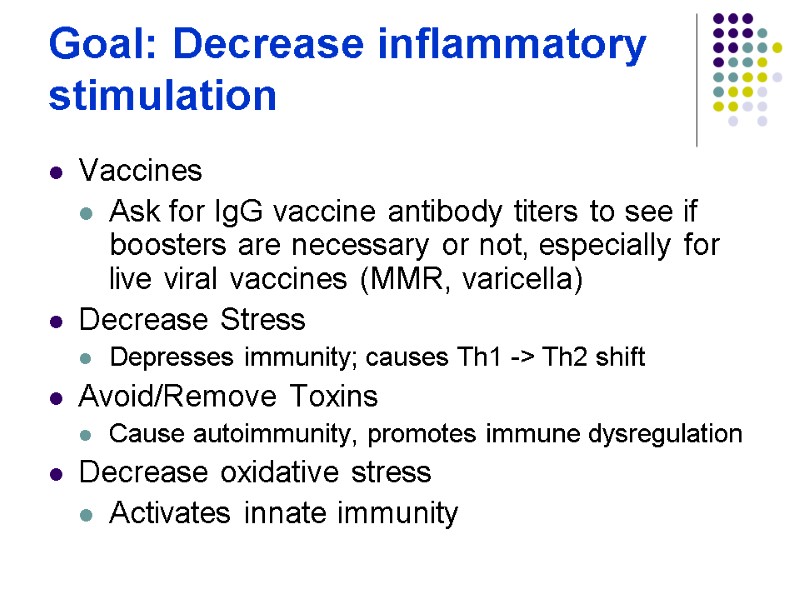
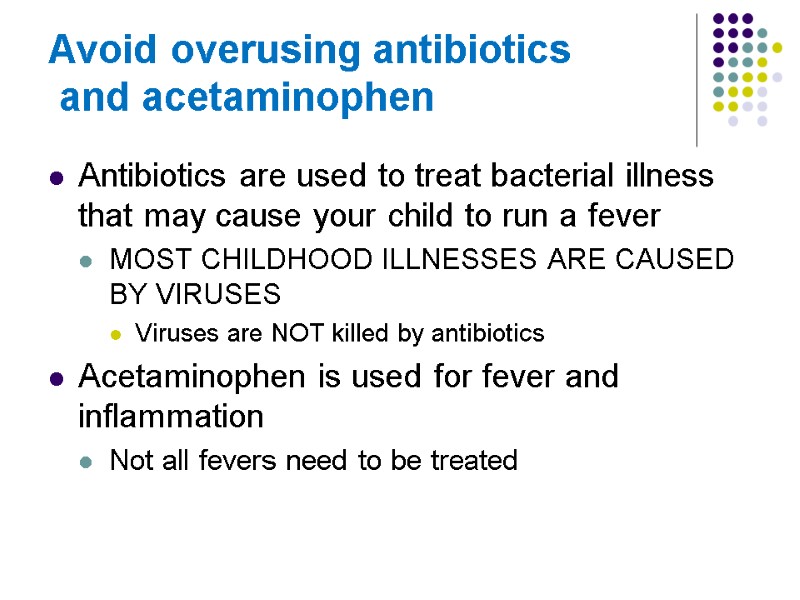
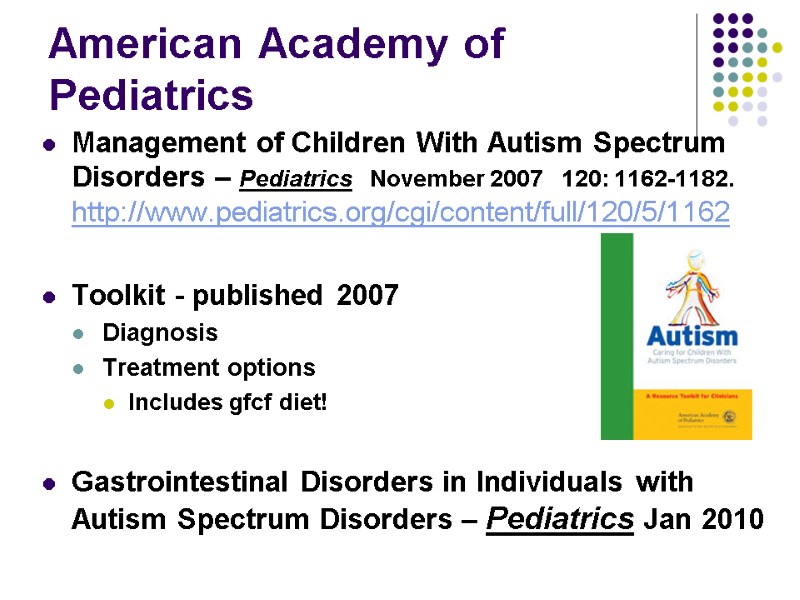
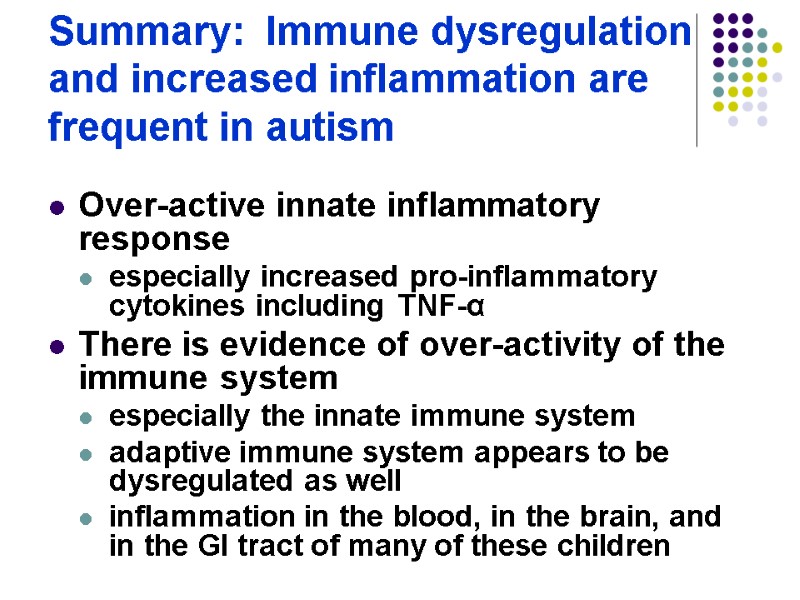
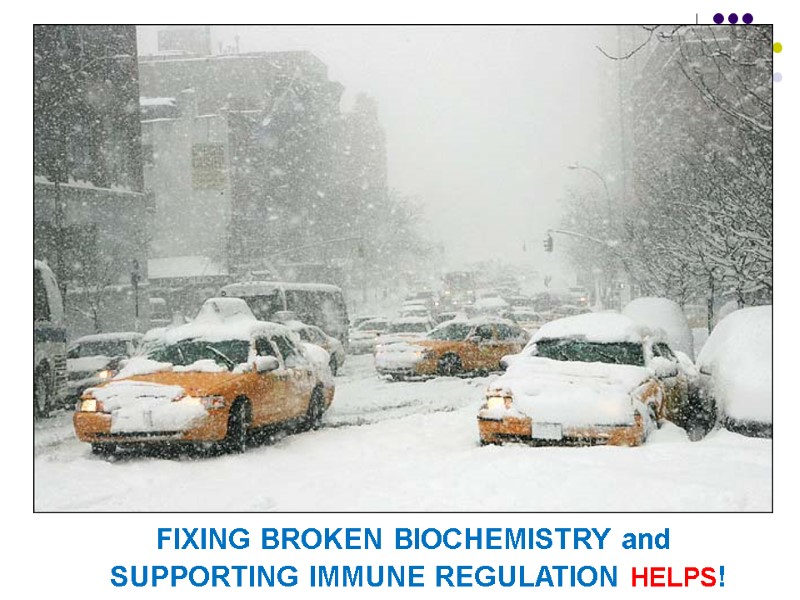
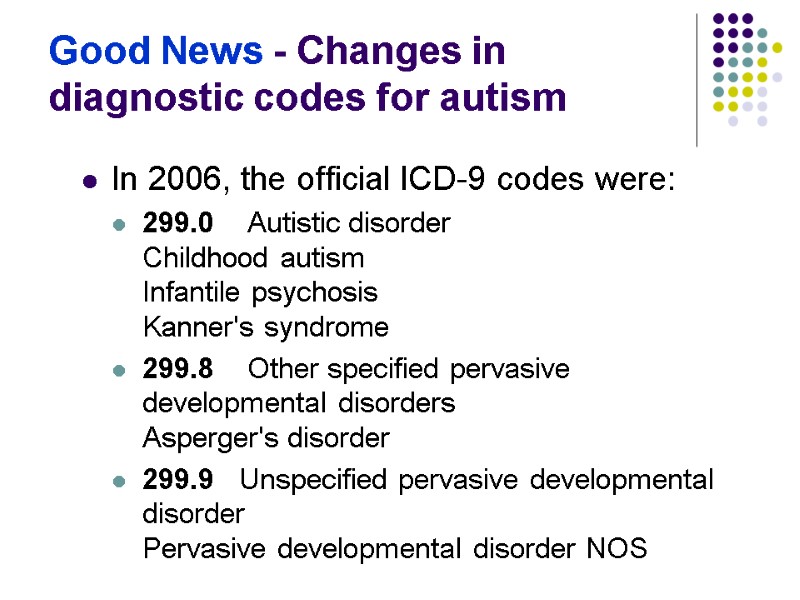
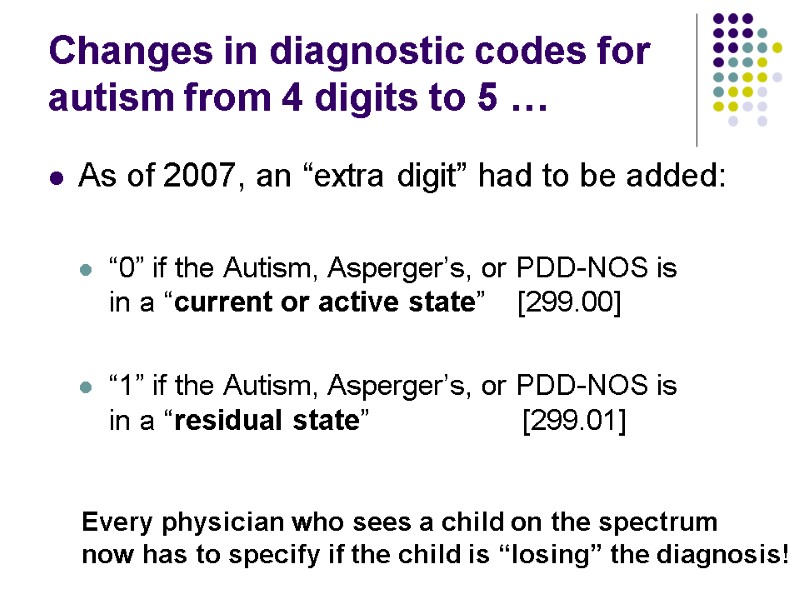


10714-autism-and-the-immune-system3003.ppt
- Количество слайдов: 84
 Autism and the Immune System Jane M. El-Dahr, M.D., FAAP, FAAAAI Department of Pediatrics Allergy/Immunology/Rheumatology Tulane University School of Medicine New Orleans, Louisiana, USA Autism Around the World Conference – May 2010
Autism and the Immune System Jane M. El-Dahr, M.D., FAAP, FAAAAI Department of Pediatrics Allergy/Immunology/Rheumatology Tulane University School of Medicine New Orleans, Louisiana, USA Autism Around the World Conference – May 2010
 The Invaders . . . Bacteria Viruses Parasites fungi worms
The Invaders . . . Bacteria Viruses Parasites fungi worms
 3 AN IMMUNE RESPONSE Foreign invaders - viruses, bacteria, allergens, toxins and parasites - constantly bombard our body. The response to this assault is a carefully orchestrated and controlled interaction between immune cells with the ultimate goal to eliminate the invaders in both pathogen-specific and non-specific mechanisms.
3 AN IMMUNE RESPONSE Foreign invaders - viruses, bacteria, allergens, toxins and parasites - constantly bombard our body. The response to this assault is a carefully orchestrated and controlled interaction between immune cells with the ultimate goal to eliminate the invaders in both pathogen-specific and non-specific mechanisms.
 The Department of Defense The immune system is the body’s defense system, guarding against foreign invaders. Just as we have an army, air force, police, jails, etc. to keep us “safe”, the immune system has different branches which do different things but coordinate to protect our body.
The Department of Defense The immune system is the body’s defense system, guarding against foreign invaders. Just as we have an army, air force, police, jails, etc. to keep us “safe”, the immune system has different branches which do different things but coordinate to protect our body.
 Survival The “goal” of the immune system is to keep you alive to reproduce. There is a race between each of us and the organisms around us – we want to eliminate foreign organisms (pathogens) without damaging ourselves while the microbes try to hang around as long as possible and reproduce themselves.
Survival The “goal” of the immune system is to keep you alive to reproduce. There is a race between each of us and the organisms around us – we want to eliminate foreign organisms (pathogens) without damaging ourselves while the microbes try to hang around as long as possible and reproduce themselves.
 Isn’t having a child with autism hard enough already… Why do I have to worry about what is going on with the immune system (or worse still, learn biochemistry!) ??? How is that going to help me???
Isn’t having a child with autism hard enough already… Why do I have to worry about what is going on with the immune system (or worse still, learn biochemistry!) ??? How is that going to help me???
 Traditional view of Autism Autism is a group of behaviors caused by some defective gene or genes which cause structural changes in the brain. We can’t fix brain abnormalities that you are born with, so other than behavioral therapies, there isn’t anything that will improve the child’s level of functioning.
Traditional view of Autism Autism is a group of behaviors caused by some defective gene or genes which cause structural changes in the brain. We can’t fix brain abnormalities that you are born with, so other than behavioral therapies, there isn’t anything that will improve the child’s level of functioning.
 Biomedical view Children with autism have metabolic problems (genetic? nutritional?) that can be diagnosed and treated. Fixing broken biochemical pathways also improves the immune system and helps to heal the gut. By paying attention to the medical (as opposed to psychiatric or mental) issues of the children, we can significantly improve their quality of life and level of functioning.
Biomedical view Children with autism have metabolic problems (genetic? nutritional?) that can be diagnosed and treated. Fixing broken biochemical pathways also improves the immune system and helps to heal the gut. By paying attention to the medical (as opposed to psychiatric or mental) issues of the children, we can significantly improve their quality of life and level of functioning.
 Children with autism have biochemical/metabolic pathways that are inefficient or blocked; “fixing” their biochemistry is like clearing the snow for these taxis Metabolic “Gridlock”
Children with autism have biochemical/metabolic pathways that are inefficient or blocked; “fixing” their biochemistry is like clearing the snow for these taxis Metabolic “Gridlock”
 This presentation Overview of immunity What we know about immunity in autism: Blood Gut Brain Therapies
This presentation Overview of immunity What we know about immunity in autism: Blood Gut Brain Therapies
 Immune and Nervous systems Sample the “outside” world Have a memory Communicate with chemical messages Interact with each other
Immune and Nervous systems Sample the “outside” world Have a memory Communicate with chemical messages Interact with each other
 The “Ideal” Immune System Recognize all foreign organisms. Bacteria, viruses, parasites (fungi,worms) Efficiently and rapidly destroy invaders. Prevent a second infection with the same microbe (have a memory). Never cause damage to self.
The “Ideal” Immune System Recognize all foreign organisms. Bacteria, viruses, parasites (fungi,worms) Efficiently and rapidly destroy invaders. Prevent a second infection with the same microbe (have a memory). Never cause damage to self.
 Innate (non-specific) Acquired (specific) 1st line of defense
Innate (non-specific) Acquired (specific) 1st line of defense
 Innate Immunity: Phagocytes (Macrophages) and Natural Killer cells Capture and kill germs – Jailor or Executioner
Innate Immunity: Phagocytes (Macrophages) and Natural Killer cells Capture and kill germs – Jailor or Executioner
 Adaptive Immunity: B cells produce Immunoglobulins (Antibodies) Antibodies Antibodies
Adaptive Immunity: B cells produce Immunoglobulins (Antibodies) Antibodies Antibodies
 Antibodies are divided up into classes IgA: Mucosal surfaces - if low, predisposes to respiratory and GI infections as well as autoimmunity; often low in ASD children IgM: Rapid response bloodstream antibody made at the beginning of an infection; can be high or low in ASD IgG: Slower but longer lasting bloodstream antibody; can be high or low in ASD IgE: Allergy; can be high or normal in ASD Immunoglobulins
Antibodies are divided up into classes IgA: Mucosal surfaces - if low, predisposes to respiratory and GI infections as well as autoimmunity; often low in ASD children IgM: Rapid response bloodstream antibody made at the beginning of an infection; can be high or low in ASD IgG: Slower but longer lasting bloodstream antibody; can be high or low in ASD IgE: Allergy; can be high or normal in ASD Immunoglobulins
 Adaptive Immunity: T cells give orders to other cells TH1 TH2
Adaptive Immunity: T cells give orders to other cells TH1 TH2
 Adaptive Immunity: Regulatory T cells keep things in balance T regs tell B cells to stop making antibodies when the infection is over T regs tell other T cells to stop “directing” and killing when the infection is over
Adaptive Immunity: Regulatory T cells keep things in balance T regs tell B cells to stop making antibodies when the infection is over T regs tell other T cells to stop “directing” and killing when the infection is over
 All cell types work together in a healthy immune system !
All cell types work together in a healthy immune system !

 Cytokines – the Language of the Immune System Chemical messages that are the main communication system between cells of the immune system (and other systems – especially the nervous system).
Cytokines – the Language of the Immune System Chemical messages that are the main communication system between cells of the immune system (and other systems – especially the nervous system).
 Cytokines – the Language of the Immune System Can be divided several ways: Th1 (adaptive/memory, cell mediated): IL-2, IFN-γ Th2 (adaptive/memory, antibodies):IL-4, IL-5, IL-13, IL-10,TGF-β Innate: TNF-α, IL-1, IL-6, IL-12 Pro-inflammatory: TNF-α, IL-1, IL-6 Anti-inflammatory: TGF-β, IL-10 Regulatory: IL-10, IL-12,TGF-β Multiple roles makes this confusing!!!! Can do different things in different contexts.
Cytokines – the Language of the Immune System Can be divided several ways: Th1 (adaptive/memory, cell mediated): IL-2, IFN-γ Th2 (adaptive/memory, antibodies):IL-4, IL-5, IL-13, IL-10,TGF-β Innate: TNF-α, IL-1, IL-6, IL-12 Pro-inflammatory: TNF-α, IL-1, IL-6 Anti-inflammatory: TGF-β, IL-10 Regulatory: IL-10, IL-12,TGF-β Multiple roles makes this confusing!!!! Can do different things in different contexts.
 Coordinated “Attack” with Feedback Loops using Cytokines BALANCE !!!
Coordinated “Attack” with Feedback Loops using Cytokines BALANCE !!!
 Things that can go wrong… Immune deficiency/dysfunction: defective or ineffective response. Hypersensitivity: Over-reaction to innocuous foreign material, out of proportion to potential damage - Allergy. Autoimmunity: Inappropriate reaction towards self, loss of self-recognition. Inflammation: Too vigorous attack against invaders with “bystander” damage to normal tissue.
Things that can go wrong… Immune deficiency/dysfunction: defective or ineffective response. Hypersensitivity: Over-reaction to innocuous foreign material, out of proportion to potential damage - Allergy. Autoimmunity: Inappropriate reaction towards self, loss of self-recognition. Inflammation: Too vigorous attack against invaders with “bystander” damage to normal tissue.
 Inflammation Acute Inflammation Early response to injury/infection, lasts days Swelling, redness, heat, pain at site Beneficial, leads to elimination of infection and tissue healing – trying to repair damage Innate cells and mediators Chronic Inflammation Late or sustained response to intracellular pathogens or self antigens (autoimmunity) Harmful, results in tissue destruction Adaptive and innate cells and mediators Often LOCAL at specific sites
Inflammation Acute Inflammation Early response to injury/infection, lasts days Swelling, redness, heat, pain at site Beneficial, leads to elimination of infection and tissue healing – trying to repair damage Innate cells and mediators Chronic Inflammation Late or sustained response to intracellular pathogens or self antigens (autoimmunity) Harmful, results in tissue destruction Adaptive and innate cells and mediators Often LOCAL at specific sites
 TNF
TNF
 Allergy Autoimmunity Deficiency Inflammation Th2 Innate and/or Th1 Th2 Th1 and/or Th2 Th1 and/or Th2
Allergy Autoimmunity Deficiency Inflammation Th2 Innate and/or Th1 Th2 Th1 and/or Th2 Th1 and/or Th2

 Immunopathology in ASD Dysregulation of immunity in autistic children leads to all four problems: Deficiency / dysfunction Hypersensitivity / allergy Autoimmunity Inflammation
Immunopathology in ASD Dysregulation of immunity in autistic children leads to all four problems: Deficiency / dysfunction Hypersensitivity / allergy Autoimmunity Inflammation
 Immune Abnormalities in Autism Abnormal immune systems have been found in about 20-70% of patients with autism in a wide variety of studies, depending on which part of the immune system is examined. Studies are generally small with not-well-characterized children or are limited to a single subgroup so it is hard to draw firm conclusions… BUT few studies have demonstrated no abnormalities.
Immune Abnormalities in Autism Abnormal immune systems have been found in about 20-70% of patients with autism in a wide variety of studies, depending on which part of the immune system is examined. Studies are generally small with not-well-characterized children or are limited to a single subgroup so it is hard to draw firm conclusions… BUT few studies have demonstrated no abnormalities.
 Dysregulation and Inflammation! Nearly every study finds that some children have poor T regulatory function so that immune responses do not turn “off” normally, staying “activated” or turned on and resulting in inflammation. Cytokines are often “pro-inflammatory”
Dysregulation and Inflammation! Nearly every study finds that some children have poor T regulatory function so that immune responses do not turn “off” normally, staying “activated” or turned on and resulting in inflammation. Cytokines are often “pro-inflammatory”
 Dysregulated immune system with inflammation in children with ASD Jyonouchi H, et al. Impact of innate immunity in a subset of children with autism spectrum disorders: a case control study Journal of Neuroinflammation 2008, 5:52 http://www.jneuroinflammation.com/content/5/1/52 Ashwood, P., Wakefield, A.J.,2006. Immune activation of peripheral blood and mucosal CD3+ lymphocyte cytokine profiles in children with autism and gastrointestinal symptoms. J. Neuroimmunol. 173, 126–134. Croonenberghs, J., Bosmans, E., Deboutte, D., Kenis, G., Maes, M., 2002. Activation of the inflammatory response system in autism. Neuropsychobiology 45, 1–6. Zimmerman, A., Jyonouchi, H., Comi, A., Connors, S., Milstien, S., Varsou, A., Heyes, M., 2005. Cerebrospinal fluid and serum markers of inflammation in autism. Pediatr.Neurol. 35, 195-201.
Dysregulated immune system with inflammation in children with ASD Jyonouchi H, et al. Impact of innate immunity in a subset of children with autism spectrum disorders: a case control study Journal of Neuroinflammation 2008, 5:52 http://www.jneuroinflammation.com/content/5/1/52 Ashwood, P., Wakefield, A.J.,2006. Immune activation of peripheral blood and mucosal CD3+ lymphocyte cytokine profiles in children with autism and gastrointestinal symptoms. J. Neuroimmunol. 173, 126–134. Croonenberghs, J., Bosmans, E., Deboutte, D., Kenis, G., Maes, M., 2002. Activation of the inflammatory response system in autism. Neuropsychobiology 45, 1–6. Zimmerman, A., Jyonouchi, H., Comi, A., Connors, S., Milstien, S., Varsou, A., Heyes, M., 2005. Cerebrospinal fluid and serum markers of inflammation in autism. Pediatr.Neurol. 35, 195-201.
 Blood (serum) findings in ASD Many studies find that ASD children have low-normal immunoglobulins (IgG, IgM, IgA) and/or low T cell numbers and/or low-normal functioning and/or low and poorly functional Natural Killer cells ; a subset of children have true immunodeficiency. Some children have low serum IgA, predisposing them to respiratory and GI infections.
Blood (serum) findings in ASD Many studies find that ASD children have low-normal immunoglobulins (IgG, IgM, IgA) and/or low T cell numbers and/or low-normal functioning and/or low and poorly functional Natural Killer cells ; a subset of children have true immunodeficiency. Some children have low serum IgA, predisposing them to respiratory and GI infections.
 Reduced levels of IgG and IgM are indicative of an underlying defect in the immune system of children with autism. M.I.N.D. Institute Low IgG Low IgM Low Normal IgA Huge variation in IgE
Reduced levels of IgG and IgM are indicative of an underlying defect in the immune system of children with autism. M.I.N.D. Institute Low IgG Low IgM Low Normal IgA Huge variation in IgE
 10 Warning Signs of an Immune Deficiency www.jmfworld.com Recurrent Infections if IgG, IgM, or IgA are low
10 Warning Signs of an Immune Deficiency www.jmfworld.com Recurrent Infections if IgG, IgM, or IgA are low
 Allergy
Allergy
 Blood (serum) findings in ASD Some children have allergy (atopy) with high levels of IgE. Traditional IgE allergies can be measured either by blood testing (RAST) or by skin prick testing. It is well documented that in neuro-typical children, untreated allergies cause poor memory and concentration as well as poor sleep.
Blood (serum) findings in ASD Some children have allergy (atopy) with high levels of IgE. Traditional IgE allergies can be measured either by blood testing (RAST) or by skin prick testing. It is well documented that in neuro-typical children, untreated allergies cause poor memory and concentration as well as poor sleep.
 Blood (serum) findings in ASD Bottom line #1: A child on the autism spectrum with recurrent infections deserves an immune evaluation for immunodeficiency. Bottom line #2: A child on the autism spectrum with eczema, chronic nasal symptoms, asthma, significant GI symptoms, or recurrent respiratory infections deserves an allergy evaluation for IgE inhalant and food allergies.
Blood (serum) findings in ASD Bottom line #1: A child on the autism spectrum with recurrent infections deserves an immune evaluation for immunodeficiency. Bottom line #2: A child on the autism spectrum with eczema, chronic nasal symptoms, asthma, significant GI symptoms, or recurrent respiratory infections deserves an allergy evaluation for IgE inhalant and food allergies.
 Autoimmunity (Reaction to “self”) There is a tendency towards a positive family history of autoimmunity in families – Rheumatoid Arthritis, Thyroiditis - with an ASD child, and a genetic tendency towards autoimmune disorders as well. Many, many types of autoantibodies (against “self” tissues) have been found in ASD children but the significance of the many types of anti-brain antibodies is not clear.
Autoimmunity (Reaction to “self”) There is a tendency towards a positive family history of autoimmunity in families – Rheumatoid Arthritis, Thyroiditis - with an ASD child, and a genetic tendency towards autoimmune disorders as well. Many, many types of autoantibodies (against “self” tissues) have been found in ASD children but the significance of the many types of anti-brain antibodies is not clear.
 GI Tract - Mucosal findings Gut inflammation in some children Abnormal lymphocyte profiles: lots of T cells present where none should be. Abnormal cytokine profiles: pro-inflammatory with lots of TNF-α and too little regulatory IL-10. Measles virus demonstrable by PCR and other methods.
GI Tract - Mucosal findings Gut inflammation in some children Abnormal lymphocyte profiles: lots of T cells present where none should be. Abnormal cytokine profiles: pro-inflammatory with lots of TNF-α and too little regulatory IL-10. Measles virus demonstrable by PCR and other methods.

 Hypotheses of Etiology of Inflammatory Bowel Disease Abnormal (dysregulated) immune system, normal gut microbes 2.Normal immune system, abnormal microbes +/- abnormal barrier We conclude that IBD is characterized by an abnormal mucosal immune response but that microbial factors and epithelial cell abnormalities can facilitate this response. Strober W, The fundamental basis of inflammatory bowel disease J. Clin. Invest. 117:514-521 (2007)
Hypotheses of Etiology of Inflammatory Bowel Disease Abnormal (dysregulated) immune system, normal gut microbes 2.Normal immune system, abnormal microbes +/- abnormal barrier We conclude that IBD is characterized by an abnormal mucosal immune response but that microbial factors and epithelial cell abnormalities can facilitate this response. Strober W, The fundamental basis of inflammatory bowel disease J. Clin. Invest. 117:514-521 (2007)
 Immune Reactions to Food – Jyonouchi 2005 (Neuropsychobiol and J. Peds) Immune cells from autistic children with GI symptoms showed strong pro-inflammatory response and a reduced ability to switch off the immune response compared to normal children. Immune reactivity to milk and wheat common with or without GI symptoms. Soy and corn next most common. Still no test or good predictors (although a few children did have IgE antibodies which can be measured) - elimination and challenge best. Yeast (Candida albicans) overgrowth also found in the stools of some children (J. Peds May 2005).
Immune Reactions to Food – Jyonouchi 2005 (Neuropsychobiol and J. Peds) Immune cells from autistic children with GI symptoms showed strong pro-inflammatory response and a reduced ability to switch off the immune response compared to normal children. Immune reactivity to milk and wheat common with or without GI symptoms. Soy and corn next most common. Still no test or good predictors (although a few children did have IgE antibodies which can be measured) - elimination and challenge best. Yeast (Candida albicans) overgrowth also found in the stools of some children (J. Peds May 2005).
 Jyonouchi H. Food allergy and ASD: is there a link? Cur Allergy Asthma Reports (2009) 9(3):194-201 ASD pts with non-IgE mediated food Allergy to milk had low TGF beta (T reg cytokine) levels which increased on a casein free diet. Outgrowing milk allergy developing T regs
Jyonouchi H. Food allergy and ASD: is there a link? Cur Allergy Asthma Reports (2009) 9(3):194-201 ASD pts with non-IgE mediated food Allergy to milk had low TGF beta (T reg cytokine) levels which increased on a casein free diet. Outgrowing milk allergy developing T regs
 Brain: Vargas 2005 We demonstrate an active neuroinflammatory process in the cerebral cortex, white matter, and notably in cerebellum of autistic patients with marked microglial activation. Our findings indicate that innate neuroimmune reactions play a pathogenic role in an undefined proportion of autistic patients, suggesting that future therapies might involve modifying neuroglial responses in the brain. Vargas DL, Nascimbene C, Krishnan C, Zimmerman AW, Pardo CA. Neuroglial activation and neuroinflammation in the brain of patients with autism. Ann Neurol. 2005 Jan;57(1):67-81.
Brain: Vargas 2005 We demonstrate an active neuroinflammatory process in the cerebral cortex, white matter, and notably in cerebellum of autistic patients with marked microglial activation. Our findings indicate that innate neuroimmune reactions play a pathogenic role in an undefined proportion of autistic patients, suggesting that future therapies might involve modifying neuroglial responses in the brain. Vargas DL, Nascimbene C, Krishnan C, Zimmerman AW, Pardo CA. Neuroglial activation and neuroinflammation in the brain of patients with autism. Ann Neurol. 2005 Jan;57(1):67-81.
![>Immune system & Autism: An overview [Pardo 2005] >Immune system & Autism: An overview [Pardo 2005]](https://present5.com/presentacii-2/20171208\10714-autism-and-the-immune-system3003.ppt\10714-autism-and-the-immune-system3003_46.jpg) Immune system & Autism: An overview [Pardo 2005]
Immune system & Autism: An overview [Pardo 2005]
 Immune dysregulation and increased inflammation are frequent findings in autism Over-active innate inflammatory response, especially increased pro-inflammatory cytokines, is a consistent finding. There is evidence of over-activity of the immune system in all parts of the immune system, with inflammation in the blood, in the brain, and in the GI tract of many of these children.
Immune dysregulation and increased inflammation are frequent findings in autism Over-active innate inflammatory response, especially increased pro-inflammatory cytokines, is a consistent finding. There is evidence of over-activity of the immune system in all parts of the immune system, with inflammation in the blood, in the brain, and in the GI tract of many of these children.

 Therapies? Many simple things support the immune system and promote T regulation: Dietary intervention Probiotics Omega-3 fatty acids Vitamin D Anti-oxidants Metabolic support with supplements such as meB-12 and glutathione
Therapies? Many simple things support the immune system and promote T regulation: Dietary intervention Probiotics Omega-3 fatty acids Vitamin D Anti-oxidants Metabolic support with supplements such as meB-12 and glutathione
 Improving Immunity Diet Remove foods causing immune stimulation Healthy, well balanced Free of toxins Supplements to support metabolism Vitamins Minerals Antioxidants
Improving Immunity Diet Remove foods causing immune stimulation Healthy, well balanced Free of toxins Supplements to support metabolism Vitamins Minerals Antioxidants
 51 Exercise and stress Exercise has been shown to boost the immune response moderate exercise increases the immune response in all age groups intensive exercise can stress the immune system Lack of sleep and exhaustion decrease immune function Psychological stress has also been found to decrease immune function Metabolic stress – Oxidative Stress – also very detrimental to immune function and is pro-inflammatory
51 Exercise and stress Exercise has been shown to boost the immune response moderate exercise increases the immune response in all age groups intensive exercise can stress the immune system Lack of sleep and exhaustion decrease immune function Psychological stress has also been found to decrease immune function Metabolic stress – Oxidative Stress – also very detrimental to immune function and is pro-inflammatory
 Immunomodulatory Therapies Probiotics Probiotics = dietary supplement containing live micro- organisms Early regulation of the immune system largely dependent on gut flora Omega 3 Fatty Acids Natural anti-inflammatory agents Methyl B12 A crucial biochemical crossroads that helps in stabilizing membranes and making glutathione Glutathione Helps to regulate T cells and regenerate gut epithelium
Immunomodulatory Therapies Probiotics Probiotics = dietary supplement containing live micro- organisms Early regulation of the immune system largely dependent on gut flora Omega 3 Fatty Acids Natural anti-inflammatory agents Methyl B12 A crucial biochemical crossroads that helps in stabilizing membranes and making glutathione Glutathione Helps to regulate T cells and regenerate gut epithelium
 Probiotics Probiotic bacteria can modulate abnormal gastrointestinal immune responses: Suppress either antibody-mediated or T cell mediated hypersensitivity to food so decreases gut inflammation Increases secretory IgA production Decreases gut permeability Stimulates NK cells Increases IL-10 production so improves immune regulatory function
Probiotics Probiotic bacteria can modulate abnormal gastrointestinal immune responses: Suppress either antibody-mediated or T cell mediated hypersensitivity to food so decreases gut inflammation Increases secretory IgA production Decreases gut permeability Stimulates NK cells Increases IL-10 production so improves immune regulatory function
 Good guys in the gut GI tract is sterile until birth Colonization begins immediately after birth and is nearly complete by one week of life, but quantity and species vary markedly over the first 6 months of life and is “adult” by 2 yrs More than 1000 species have been found, each with numerous strains Easier to detect via molecular means than by culture
Good guys in the gut GI tract is sterile until birth Colonization begins immediately after birth and is nearly complete by one week of life, but quantity and species vary markedly over the first 6 months of life and is “adult” by 2 yrs More than 1000 species have been found, each with numerous strains Easier to detect via molecular means than by culture
 Fun facts about flora We have 10 viable bacteria/gm of large bowel content which is more bacteria in one person’s gut than there have ever been humans on the planet - 10 trillion bacteria which weigh ~ 3 lbs There are 10 X more bacteria in the gastrointestinal lumen than the number of cells in the human body There are 100 X the human genome’s DNA content in those bacteria The metabolic activity of the intestinal flora is greater than that of the liver’s 12
Fun facts about flora We have 10 viable bacteria/gm of large bowel content which is more bacteria in one person’s gut than there have ever been humans on the planet - 10 trillion bacteria which weigh ~ 3 lbs There are 10 X more bacteria in the gastrointestinal lumen than the number of cells in the human body There are 100 X the human genome’s DNA content in those bacteria The metabolic activity of the intestinal flora is greater than that of the liver’s 12
 Microbes in the gut – our Flora Neonatal, childhood, and adult flora differ based upon environmental factors : Mode of delivery (C/S vs vaginal) Hygiene measures Maternal flora Breast vs formula feeding Antibiotic exposure Diet
Microbes in the gut – our Flora Neonatal, childhood, and adult flora differ based upon environmental factors : Mode of delivery (C/S vs vaginal) Hygiene measures Maternal flora Breast vs formula feeding Antibiotic exposure Diet
 “Bugs” aren’t always bad Intestinal bacterial flora are there for a reason Interact with the immune system of the host Compete with pathogens for space and resources in the intestines We get short chain fatty acids (Vit K etc) for our metabolic pathways Humans get heat from the metabolism of indigestible (to us) compounds
“Bugs” aren’t always bad Intestinal bacterial flora are there for a reason Interact with the immune system of the host Compete with pathogens for space and resources in the intestines We get short chain fatty acids (Vit K etc) for our metabolic pathways Humans get heat from the metabolism of indigestible (to us) compounds
 Old friends Mammalian evolution has kept us in close contact with relatively harmless micro-organisms over a long period of time We recognize these “old friends” and they help to educate our immune system Decreased types of bacteria in our gut from antibiotics similar to effect of global warming to the planet
Old friends Mammalian evolution has kept us in close contact with relatively harmless micro-organisms over a long period of time We recognize these “old friends” and they help to educate our immune system Decreased types of bacteria in our gut from antibiotics similar to effect of global warming to the planet
 Hygiene Hypothesis???
Hygiene Hypothesis???
 Hygiene Hypothesis
Hygiene Hypothesis
 Hygiene Hypothesis The rise in allergic conditions (TH2) and autoimmune disorders (TH1) in Westernized countries is from immune dysregulation due to modern hygiene with decreased exposure to microbes that “prime” the immune system to develop T regulatory cells Tolerance “has to be carefully taught”
Hygiene Hypothesis The rise in allergic conditions (TH2) and autoimmune disorders (TH1) in Westernized countries is from immune dysregulation due to modern hygiene with decreased exposure to microbes that “prime” the immune system to develop T regulatory cells Tolerance “has to be carefully taught”
 Microbial diplomacy Probiotics - dead or alive - can affect systems in the body by contributing to the communications among the gut's native microbes. The gut is the largest immune organ in the body – so particularly important in “orchestrating” immune response
Microbial diplomacy Probiotics - dead or alive - can affect systems in the body by contributing to the communications among the gut's native microbes. The gut is the largest immune organ in the body – so particularly important in “orchestrating” immune response
 Effects of Probiotics on the Immune System Produce natural anti-microbials Block adhesion of toxins and pathogens Modulate immune response Enhanced natural killer cell activity Increase mucosal and secretory IgA Decrease pro-inflammatory cytokines (chemical messages) Increase anti-inflammatory cytokines and T regs Barrier function
Effects of Probiotics on the Immune System Produce natural anti-microbials Block adhesion of toxins and pathogens Modulate immune response Enhanced natural killer cell activity Increase mucosal and secretory IgA Decrease pro-inflammatory cytokines (chemical messages) Increase anti-inflammatory cytokines and T regs Barrier function
 Saarela M et al, Int J Food Microbiol. 2002; 78:99-117
Saarela M et al, Int J Food Microbiol. 2002; 78:99-117
 Proven uses of Probiotics Treatment of Inflammatory Bowel Disease Treatment as well as prevention of antibiotic-associated diarrhea Reducing the duration and severity of colds and flu-like illnesses Treatment and prevention of pediatric atopic dermatitis
Proven uses of Probiotics Treatment of Inflammatory Bowel Disease Treatment as well as prevention of antibiotic-associated diarrhea Reducing the duration and severity of colds and flu-like illnesses Treatment and prevention of pediatric atopic dermatitis
 Many different types of bacteria… Bifidobacterium Lactobacillus Escherichia Bacteroides Clostridium Fusobacterium Eubacterium Pepto – and Peptostreptococcus
Many different types of bacteria… Bifidobacterium Lactobacillus Escherichia Bacteroides Clostridium Fusobacterium Eubacterium Pepto – and Peptostreptococcus
 Unknowns Don’t know what species/brand is most beneficial – does it vary by disease state? Mix of strains or single strain? Dose? Do you have to continue to ingest them daily or do the benefits stop when you stop taking them? Who is at risk of severe adverse event? How good are the marketed supplements?
Unknowns Don’t know what species/brand is most beneficial – does it vary by disease state? Mix of strains or single strain? Dose? Do you have to continue to ingest them daily or do the benefits stop when you stop taking them? Who is at risk of severe adverse event? How good are the marketed supplements?
 Taking Probiotics Live-culture yogurt (for those who tolerate milk) or fermented foods Supplements: Want at least 10 billion colonies (CFU’s) per day Many good brands: see Handout Klaire Labs Kirkman Culturelle Jarro-Dophilus VSL3
Taking Probiotics Live-culture yogurt (for those who tolerate milk) or fermented foods Supplements: Want at least 10 billion colonies (CFU’s) per day Many good brands: see Handout Klaire Labs Kirkman Culturelle Jarro-Dophilus VSL3
 Omega-3 Fatty Acids Omega-6 fatty acids (in many processed foods) are pro-inflammatory. Omega-3 fatty acids (fish oil, flax seed oil) are anti-inflammatory - can have marked influence on both specific and nonspecific immune responses in modifying inflammatory precursors and replacing Omega-6 FAs in cell membranes. 1 - 2 grams a day can be given safely. Start with a low dose and work up. See Handout for food content and supplement brands Kankaanpaa P, Dietary fatty acids and allergy. Annals of Med 31(4): 282-7, 1999 Grimm H, Regulatory potential of n-3 fatty acids in immunological and inflammatory process. Brit J Nutrition 87(sup 1): S59-67, 2002.
Omega-3 Fatty Acids Omega-6 fatty acids (in many processed foods) are pro-inflammatory. Omega-3 fatty acids (fish oil, flax seed oil) are anti-inflammatory - can have marked influence on both specific and nonspecific immune responses in modifying inflammatory precursors and replacing Omega-6 FAs in cell membranes. 1 - 2 grams a day can be given safely. Start with a low dose and work up. See Handout for food content and supplement brands Kankaanpaa P, Dietary fatty acids and allergy. Annals of Med 31(4): 282-7, 1999 Grimm H, Regulatory potential of n-3 fatty acids in immunological and inflammatory process. Brit J Nutrition 87(sup 1): S59-67, 2002.
 Vitamin A Research now recognizing the impact in the immune system Decreases autoimmunity Helps in regulation Aides IgA function Take recommended daily allowance in a multi-vitamin Retinoic acid-dependent regulation of immune responses by dendritic cells and macrophages. Manicassamya, S and Pulendrana,B. Seminars in Immunology (2009) 21:22–27. Regulation of FoxP3+ Regulatory T Cells and Th17 Cells by Retinoids. Kim CH. Clinical and Developmental Immunology (2008) Role of retinoic acid in the imprinting of gut-homing IgA-secreting cells. Mora, J R and von Andrian U H. Seminars in Immunology. (2009) 21:28–35.
Vitamin A Research now recognizing the impact in the immune system Decreases autoimmunity Helps in regulation Aides IgA function Take recommended daily allowance in a multi-vitamin Retinoic acid-dependent regulation of immune responses by dendritic cells and macrophages. Manicassamya, S and Pulendrana,B. Seminars in Immunology (2009) 21:22–27. Regulation of FoxP3+ Regulatory T Cells and Th17 Cells by Retinoids. Kim CH. Clinical and Developmental Immunology (2008) Role of retinoic acid in the imprinting of gut-homing IgA-secreting cells. Mora, J R and von Andrian U H. Seminars in Immunology. (2009) 21:28–35.
 Vitamin D Critical role in innate immunity and autoimmunity Very frequently low in patients with autoimmune disease Low in people with darker skin or little sun exposure – made in skin when in sunlight Can measure 25 (OH) D3 level in the blood Want levels 50 – 90 ng/ml range
Vitamin D Critical role in innate immunity and autoimmunity Very frequently low in patients with autoimmune disease Low in people with darker skin or little sun exposure – made in skin when in sunlight Can measure 25 (OH) D3 level in the blood Want levels 50 – 90 ng/ml range
 Immune functions of Vit D Nonclassic actions of Vitamin D. Bikle D. J Clin Endocrinol Metab January 2009, 94(1): 26-34. Inhibits T cell proliferation Increases IL-10 and TGF-beta (regulatory cytokines) Increases T regs Decreases innate inflammation Evidence that vitamin D3 reverses age-related inflammatory changes in the rat hippocampus. Moore ME et al. Biochemical Society Transactions (2005) 33(4): 573- 577. … vitamin D3 acts as an anti-inflammatory agent and reverses the age-related increase in microglial activation in the brain.
Immune functions of Vit D Nonclassic actions of Vitamin D. Bikle D. J Clin Endocrinol Metab January 2009, 94(1): 26-34. Inhibits T cell proliferation Increases IL-10 and TGF-beta (regulatory cytokines) Increases T regs Decreases innate inflammation Evidence that vitamin D3 reverses age-related inflammatory changes in the rat hippocampus. Moore ME et al. Biochemical Society Transactions (2005) 33(4): 573- 577. … vitamin D3 acts as an anti-inflammatory agent and reverses the age-related increase in microglial activation in the brain.
 Dosing Vitamin D Safe to give children 2000 IU per day without checking a blood level. If measured value is low (< 30ng/ml), can give 4000-5000 IU daily ; don’t go above 10,000 IU per day. Endocrinologists give adults with levels below 20 – 30 Ergocalciferol 50,000 IU once a week for 3 months, then once a month. Check levels and don’t let the patient get above 90 ng/ml of 25(OH)D
Dosing Vitamin D Safe to give children 2000 IU per day without checking a blood level. If measured value is low (< 30ng/ml), can give 4000-5000 IU daily ; don’t go above 10,000 IU per day. Endocrinologists give adults with levels below 20 – 30 Ergocalciferol 50,000 IU once a week for 3 months, then once a month. Check levels and don’t let the patient get above 90 ng/ml of 25(OH)D
 Antioxidants – Curcumin (Turmeric) Antioxidant and anti-inflammatory properties of curcumin. Adv Exp Med Biol. 2007;595:105-25. The anti-inflammatory effect of curcumin is most likely mediated through its ability to inhibit cyclooxygenase-2 (COX-2), lipoxygenase (LOX), and inducible nitric oxide synthase (iNOS), all important enzymes that mediate inflammatory processes. Cook with it!
Antioxidants – Curcumin (Turmeric) Antioxidant and anti-inflammatory properties of curcumin. Adv Exp Med Biol. 2007;595:105-25. The anti-inflammatory effect of curcumin is most likely mediated through its ability to inhibit cyclooxygenase-2 (COX-2), lipoxygenase (LOX), and inducible nitric oxide synthase (iNOS), all important enzymes that mediate inflammatory processes. Cook with it!
 Antioxidants – CoQ 10 and Quercetin CoQ-10 is anti-inflammatory/anti-oxidant Start with 50 mg a day, can go to 100 - 200 mg Quercetin Natural antihistamine (for allergies) Quercetin also has anti-inflammatory properties Dose – start with 100 mg a day, can go to 200 mg
Antioxidants – CoQ 10 and Quercetin CoQ-10 is anti-inflammatory/anti-oxidant Start with 50 mg a day, can go to 100 - 200 mg Quercetin Natural antihistamine (for allergies) Quercetin also has anti-inflammatory properties Dose – start with 100 mg a day, can go to 200 mg
 Goal: Decrease inflammatory stimulation Vaccines Ask for IgG vaccine antibody titers to see if boosters are necessary or not, especially for live viral vaccines (MMR, varicella) Decrease Stress Depresses immunity; causes Th1 -> Th2 shift Avoid/Remove Toxins Cause autoimmunity, promotes immune dysregulation Decrease oxidative stress Activates innate immunity
Goal: Decrease inflammatory stimulation Vaccines Ask for IgG vaccine antibody titers to see if boosters are necessary or not, especially for live viral vaccines (MMR, varicella) Decrease Stress Depresses immunity; causes Th1 -> Th2 shift Avoid/Remove Toxins Cause autoimmunity, promotes immune dysregulation Decrease oxidative stress Activates innate immunity
 Avoid overusing antibiotics and acetaminophen Antibiotics are used to treat bacterial illness that may cause your child to run a fever MOST CHILDHOOD ILLNESSES ARE CAUSED BY VIRUSES Viruses are NOT killed by antibiotics Acetaminophen is used for fever and inflammation Not all fevers need to be treated
Avoid overusing antibiotics and acetaminophen Antibiotics are used to treat bacterial illness that may cause your child to run a fever MOST CHILDHOOD ILLNESSES ARE CAUSED BY VIRUSES Viruses are NOT killed by antibiotics Acetaminophen is used for fever and inflammation Not all fevers need to be treated
 American Academy of Pediatrics Management of Children With Autism Spectrum Disorders – Pediatrics November 2007 120: 1162-1182. http://www.pediatrics.org/cgi/content/full/120/5/1162 Toolkit - published 2007 Diagnosis Treatment options Includes gfcf diet! Gastrointestinal Disorders in Individuals with Autism Spectrum Disorders – Pediatrics Jan 2010
American Academy of Pediatrics Management of Children With Autism Spectrum Disorders – Pediatrics November 2007 120: 1162-1182. http://www.pediatrics.org/cgi/content/full/120/5/1162 Toolkit - published 2007 Diagnosis Treatment options Includes gfcf diet! Gastrointestinal Disorders in Individuals with Autism Spectrum Disorders – Pediatrics Jan 2010
 Summary: Immune dysregulation and increased inflammation are frequent in autism Over-active innate inflammatory response especially increased pro-inflammatory cytokines including TNF-α There is evidence of over-activity of the immune system especially the innate immune system adaptive immune system appears to be dysregulated as well inflammation in the blood, in the brain, and in the GI tract of many of these children
Summary: Immune dysregulation and increased inflammation are frequent in autism Over-active innate inflammatory response especially increased pro-inflammatory cytokines including TNF-α There is evidence of over-activity of the immune system especially the innate immune system adaptive immune system appears to be dysregulated as well inflammation in the blood, in the brain, and in the GI tract of many of these children
 FIXING BROKEN BIOCHEMISTRY and SUPPORTING IMMUNE REGULATION HELPS!
FIXING BROKEN BIOCHEMISTRY and SUPPORTING IMMUNE REGULATION HELPS!
 Good News - Changes in diagnostic codes for autism In 2006, the official ICD-9 codes were: 299.0 Autistic disorder Childhood autism Infantile psychosis Kanner's syndrome 299.8 Other specified pervasive developmental disorders Asperger's disorder 299.9 Unspecified pervasive developmental disorder Pervasive developmental disorder NOS
Good News - Changes in diagnostic codes for autism In 2006, the official ICD-9 codes were: 299.0 Autistic disorder Childhood autism Infantile psychosis Kanner's syndrome 299.8 Other specified pervasive developmental disorders Asperger's disorder 299.9 Unspecified pervasive developmental disorder Pervasive developmental disorder NOS
 Changes in diagnostic codes for autism from 4 digits to 5 … As of 2007, an “extra digit” had to be added: “0” if the Autism, Asperger’s, or PDD-NOS is in a “current or active state” [299.00] “1” if the Autism, Asperger’s, or PDD-NOS is in a “residual state” [299.01] Every physician who sees a child on the spectrum now has to specify if the child is “losing” the diagnosis!
Changes in diagnostic codes for autism from 4 digits to 5 … As of 2007, an “extra digit” had to be added: “0” if the Autism, Asperger’s, or PDD-NOS is in a “current or active state” [299.00] “1” if the Autism, Asperger’s, or PDD-NOS is in a “residual state” [299.01] Every physician who sees a child on the spectrum now has to specify if the child is “losing” the diagnosis!



